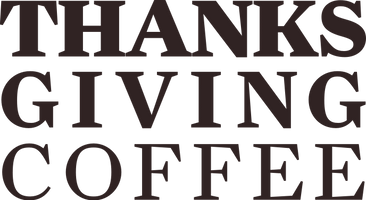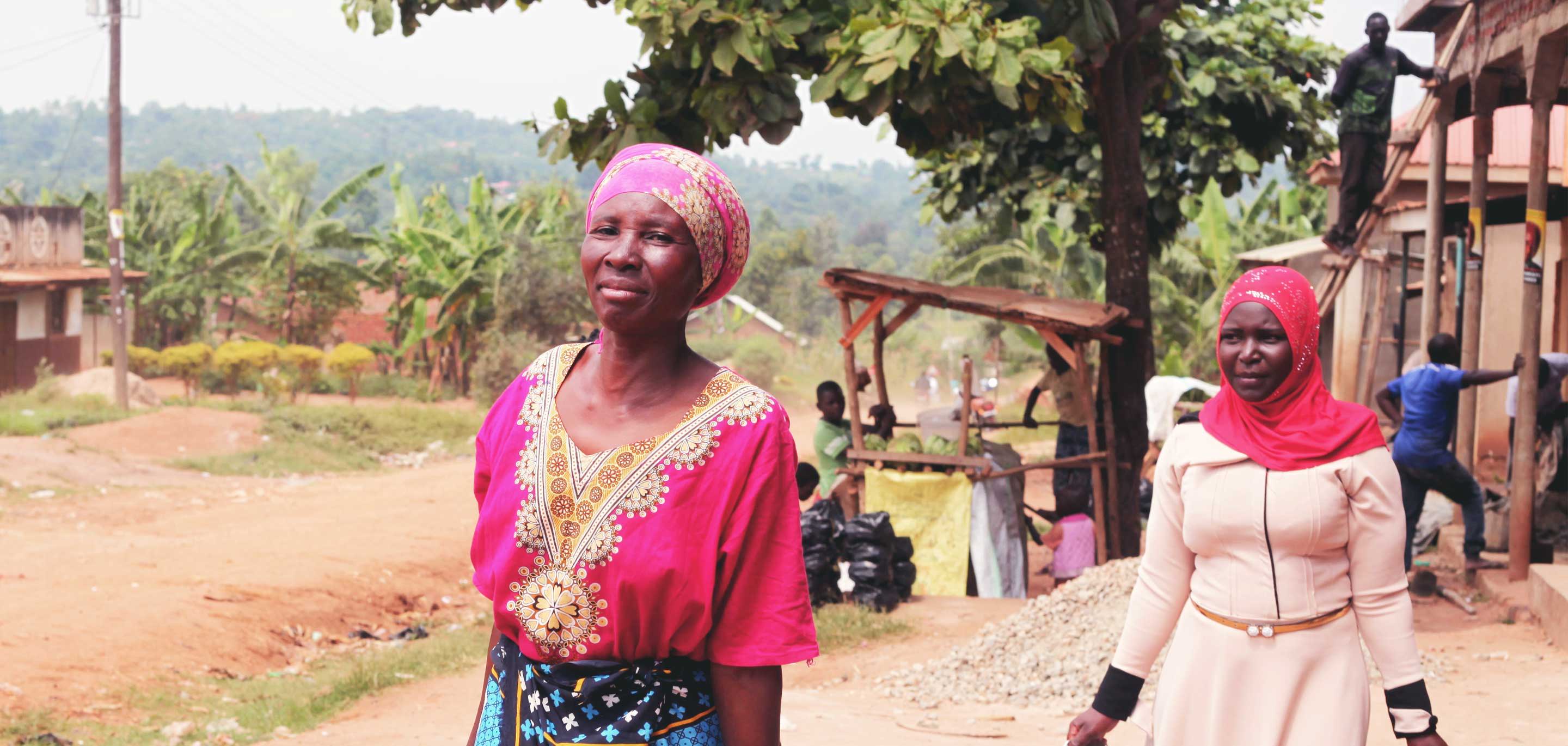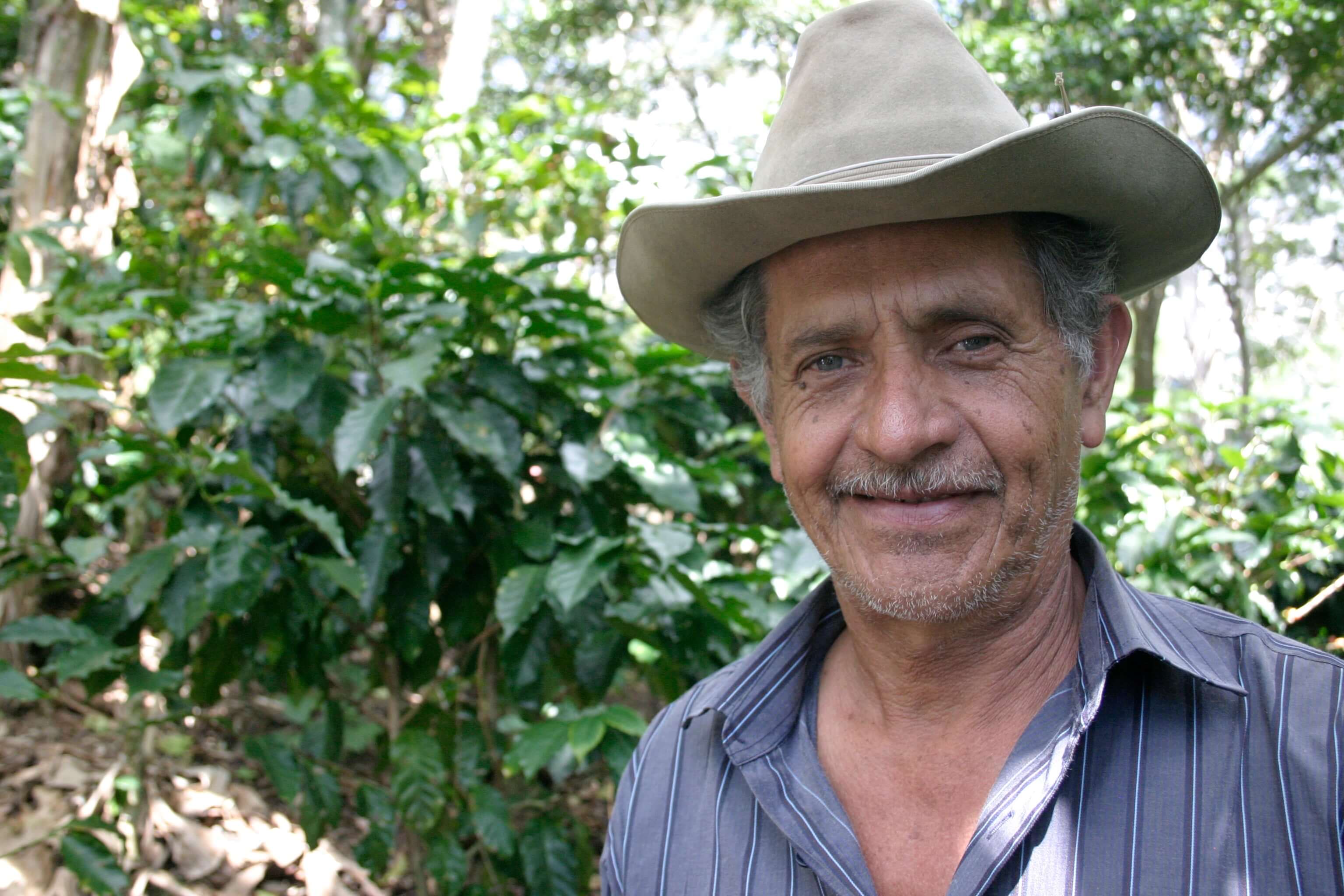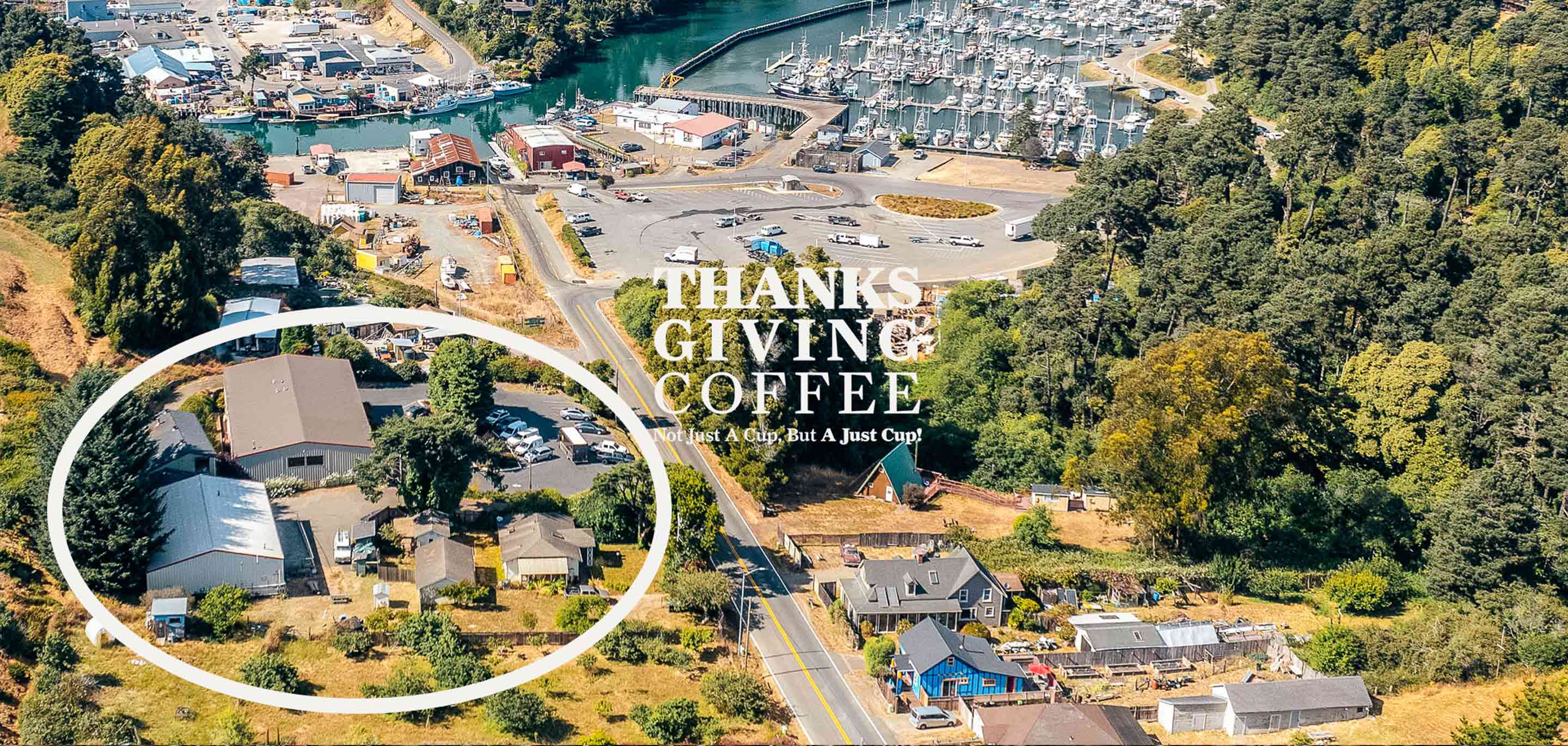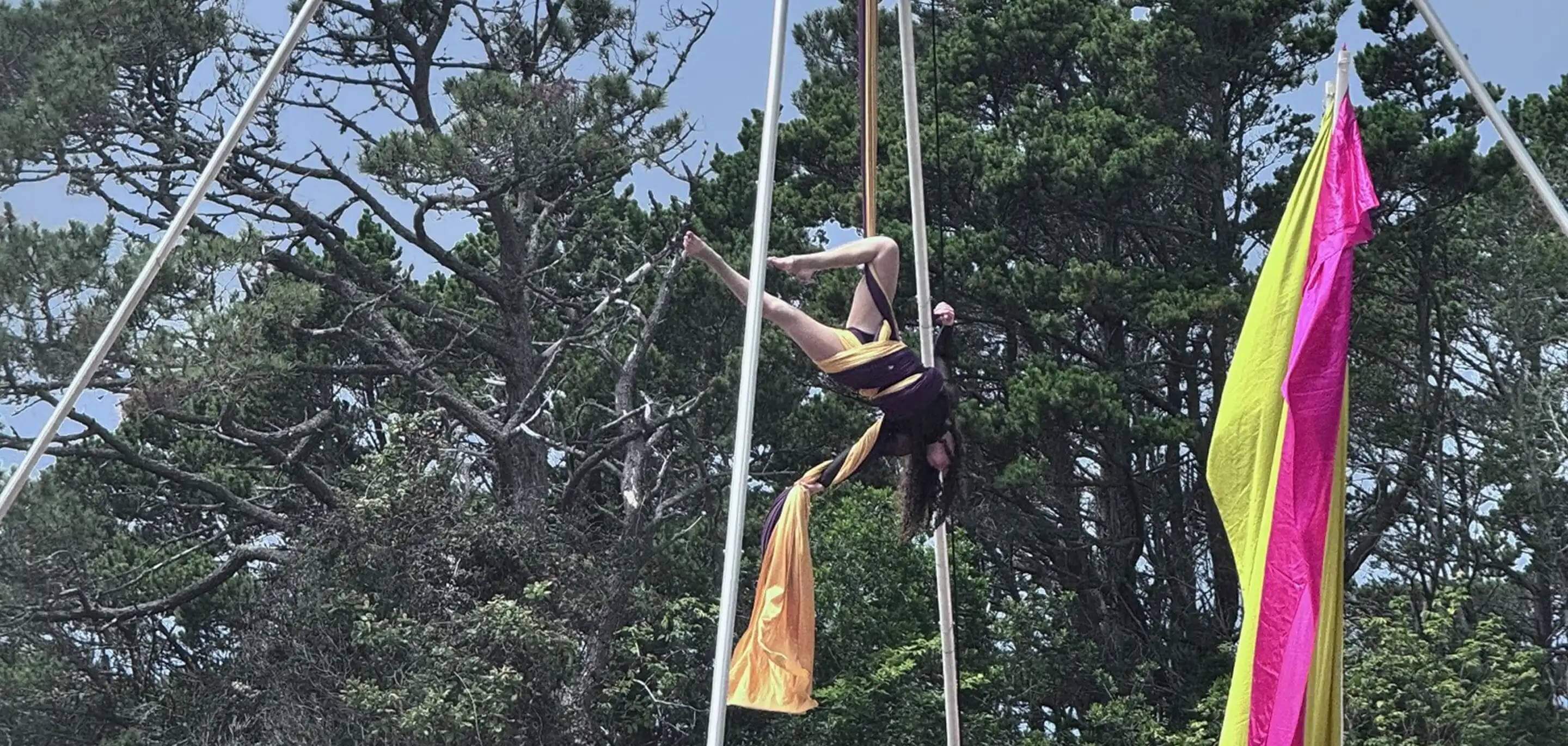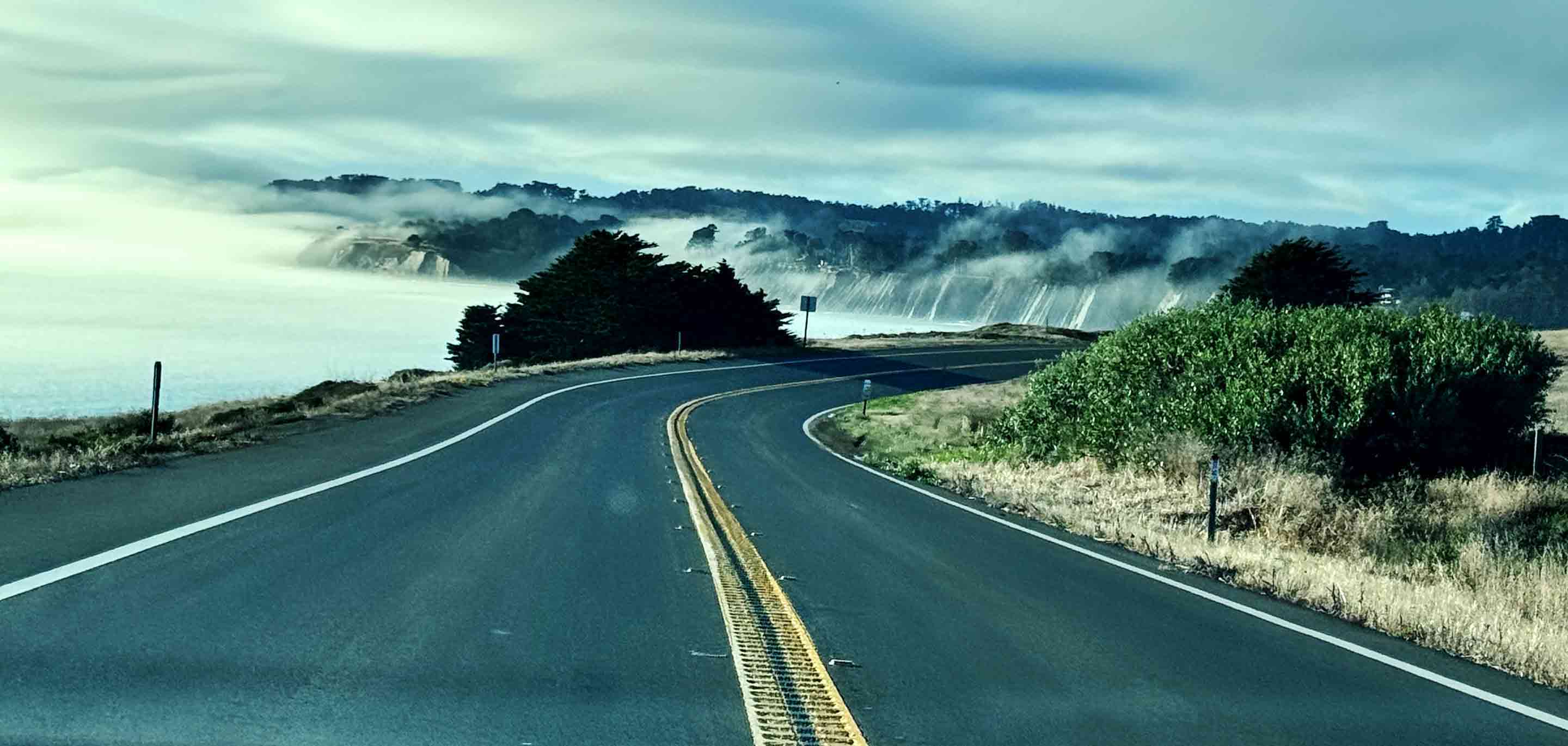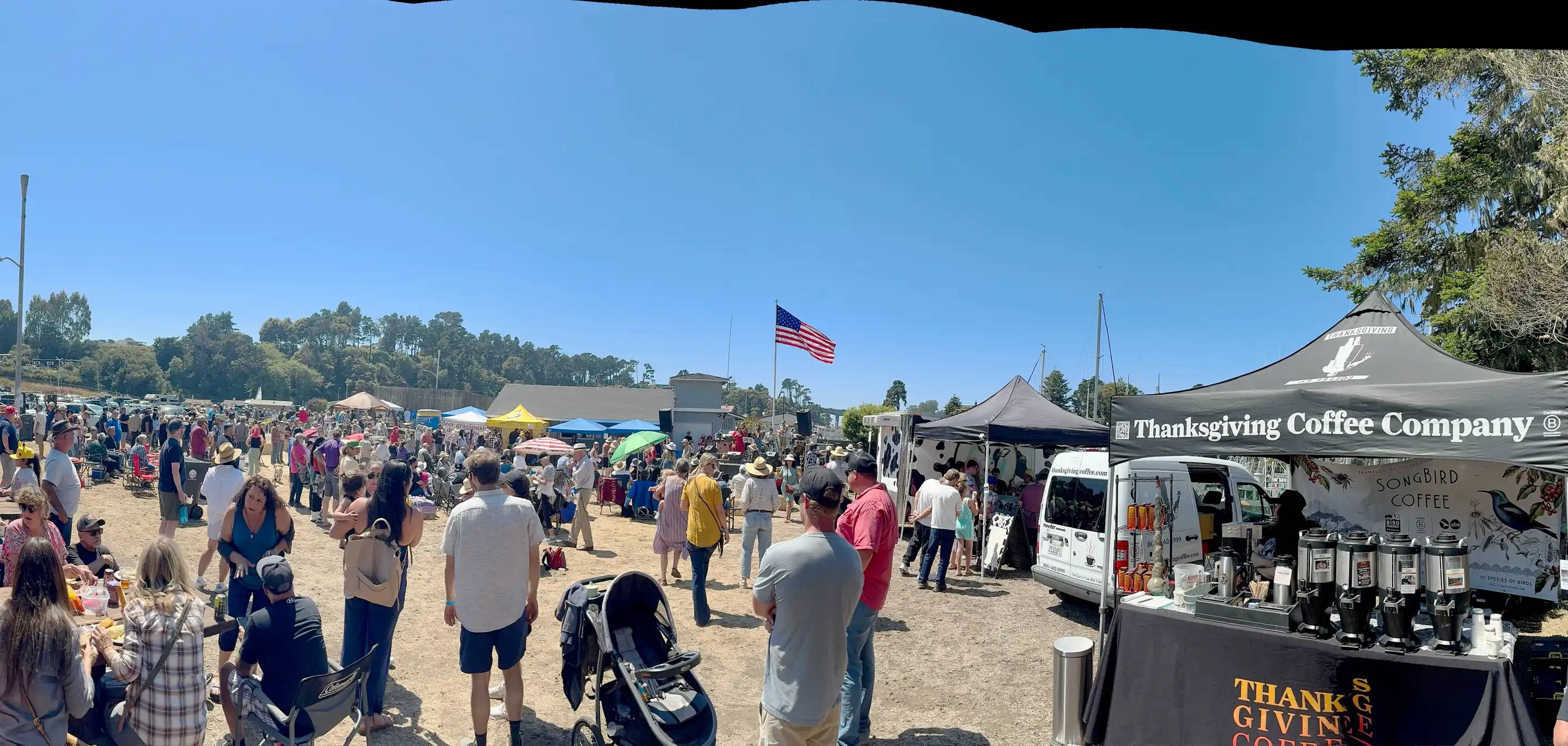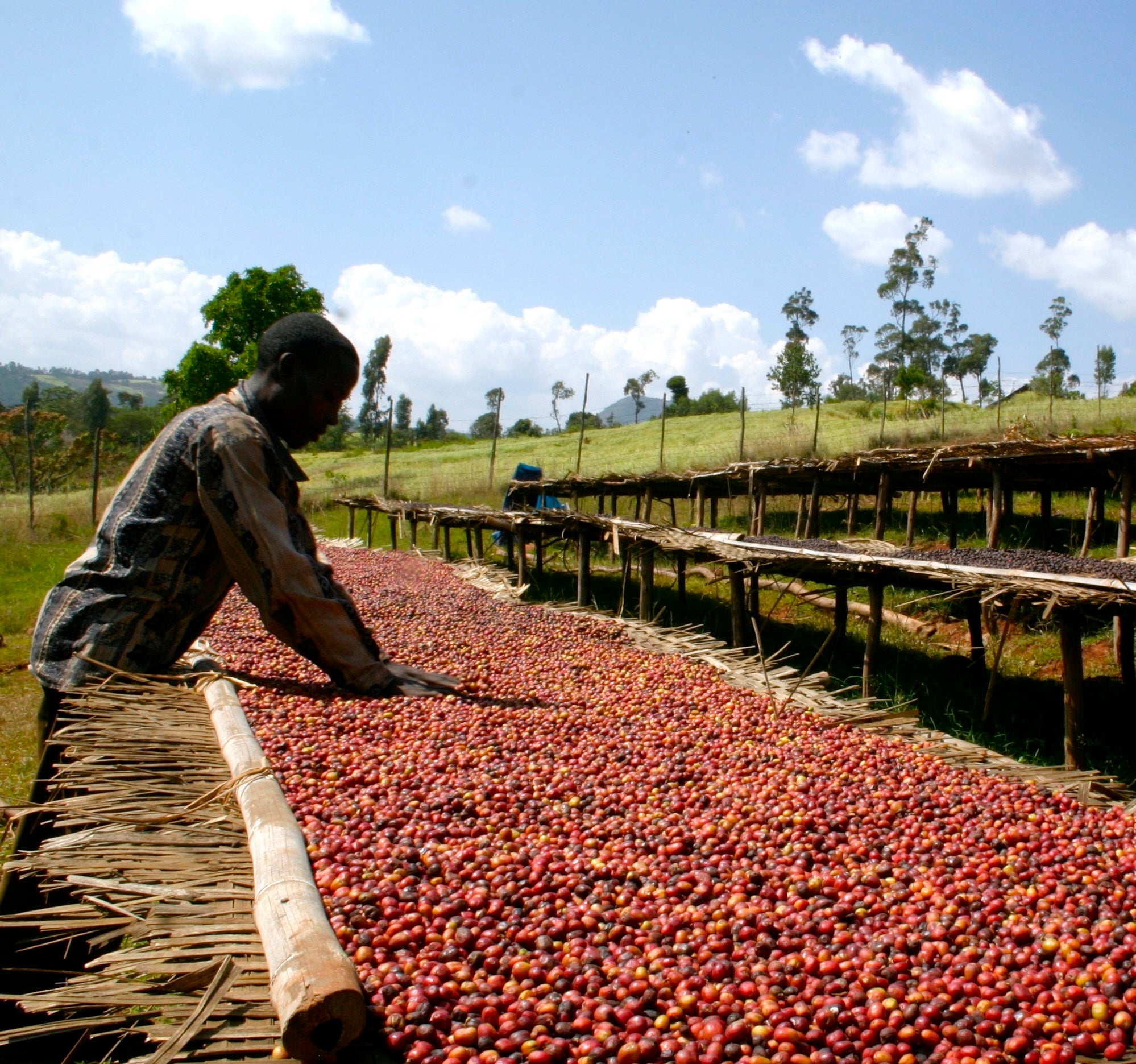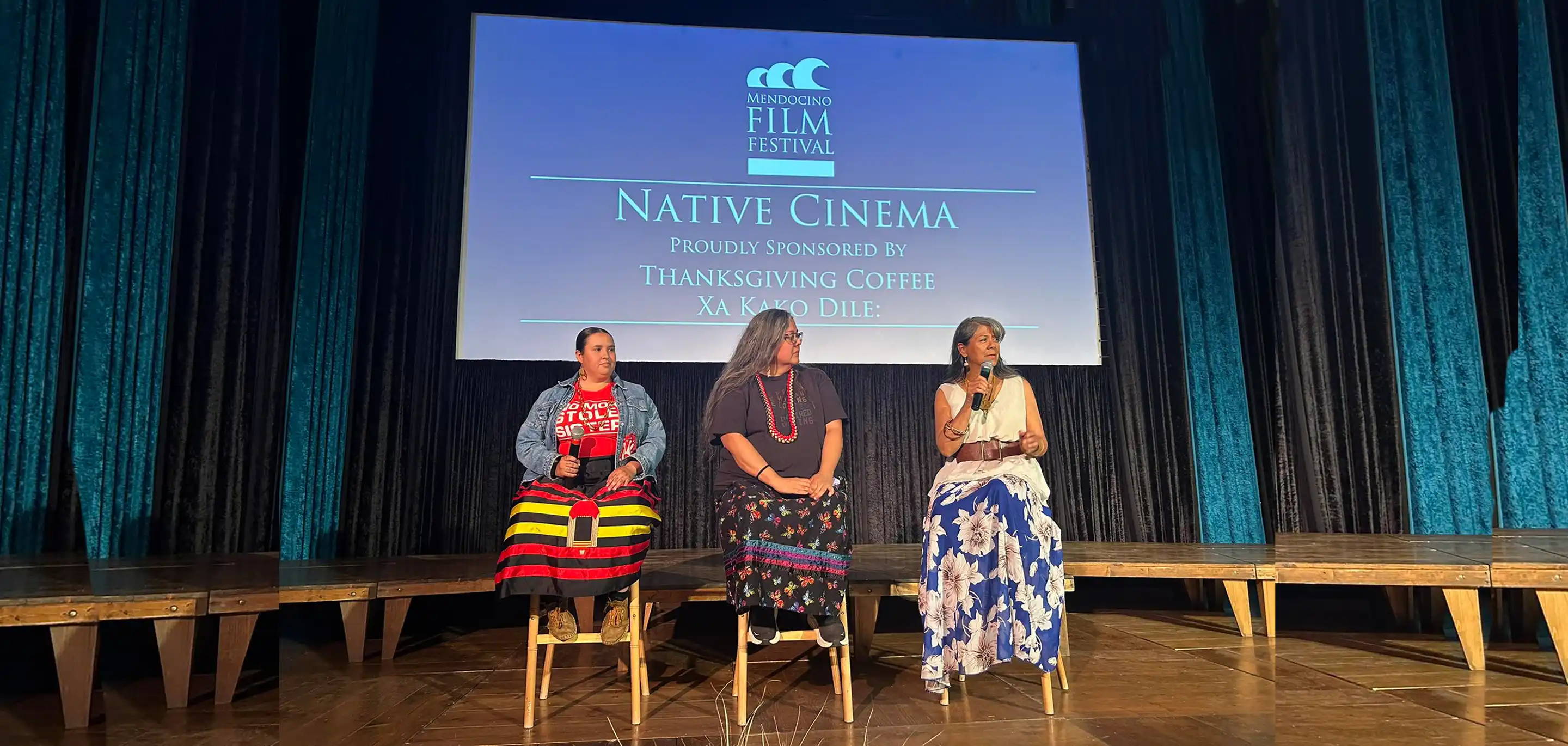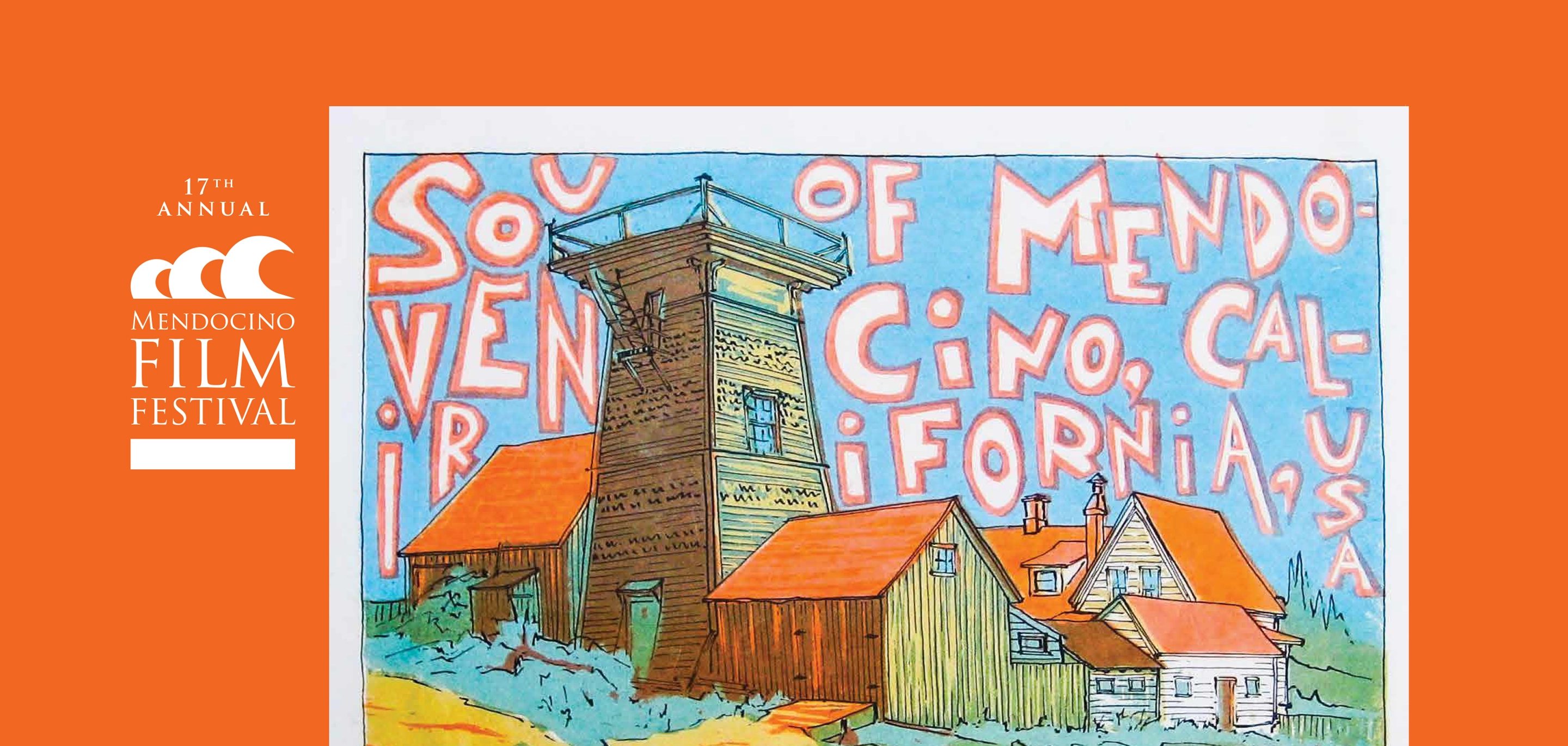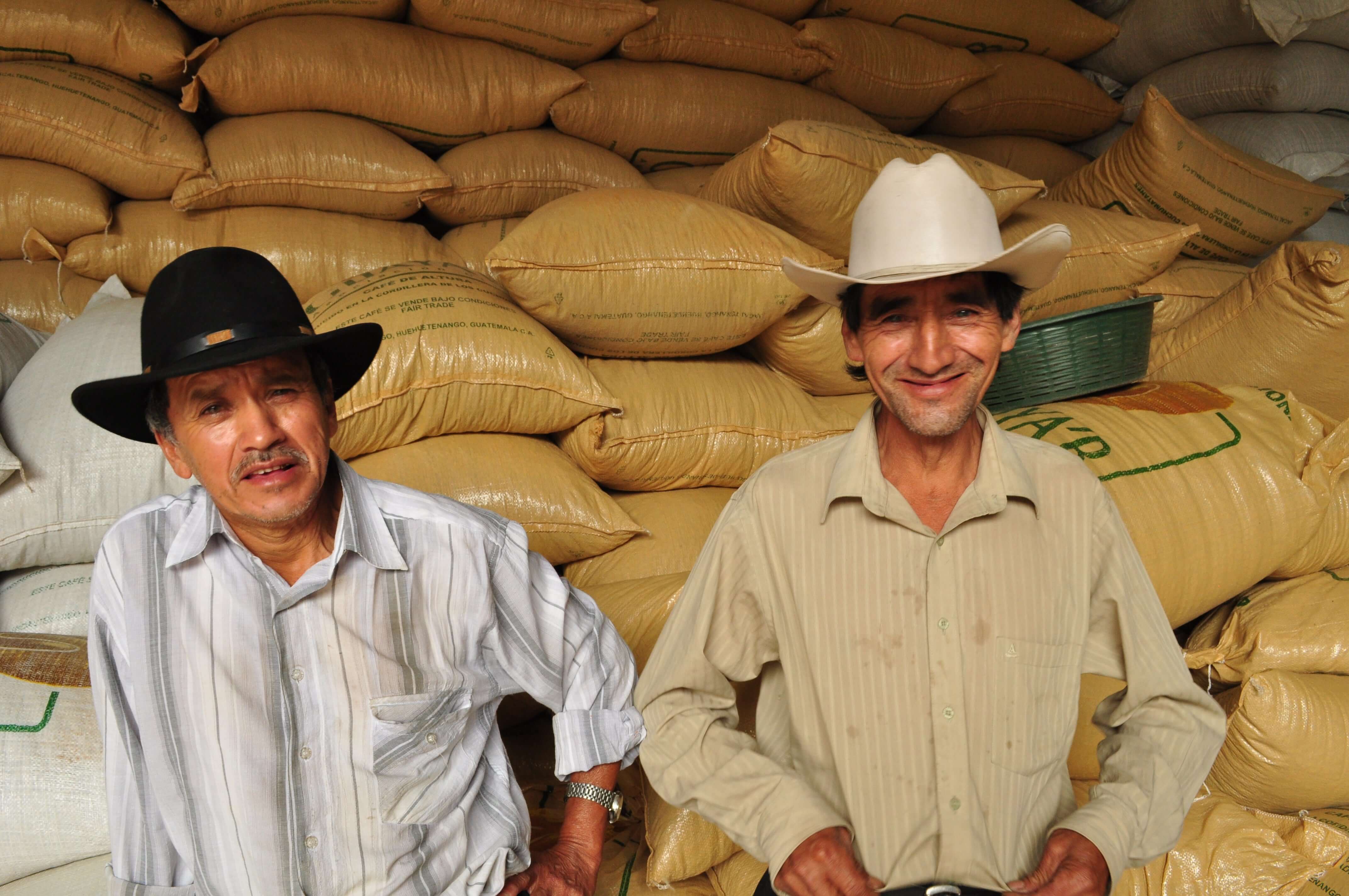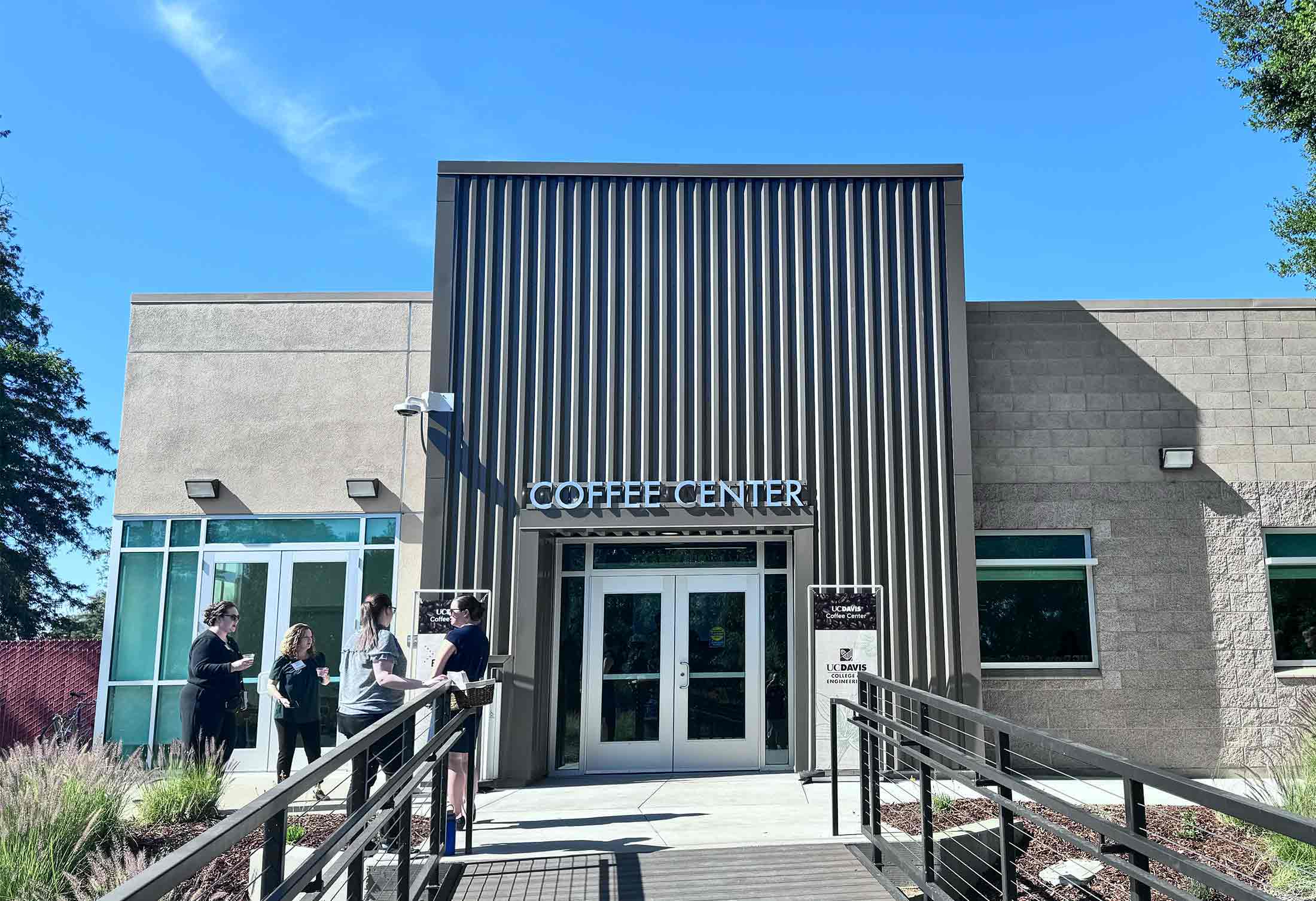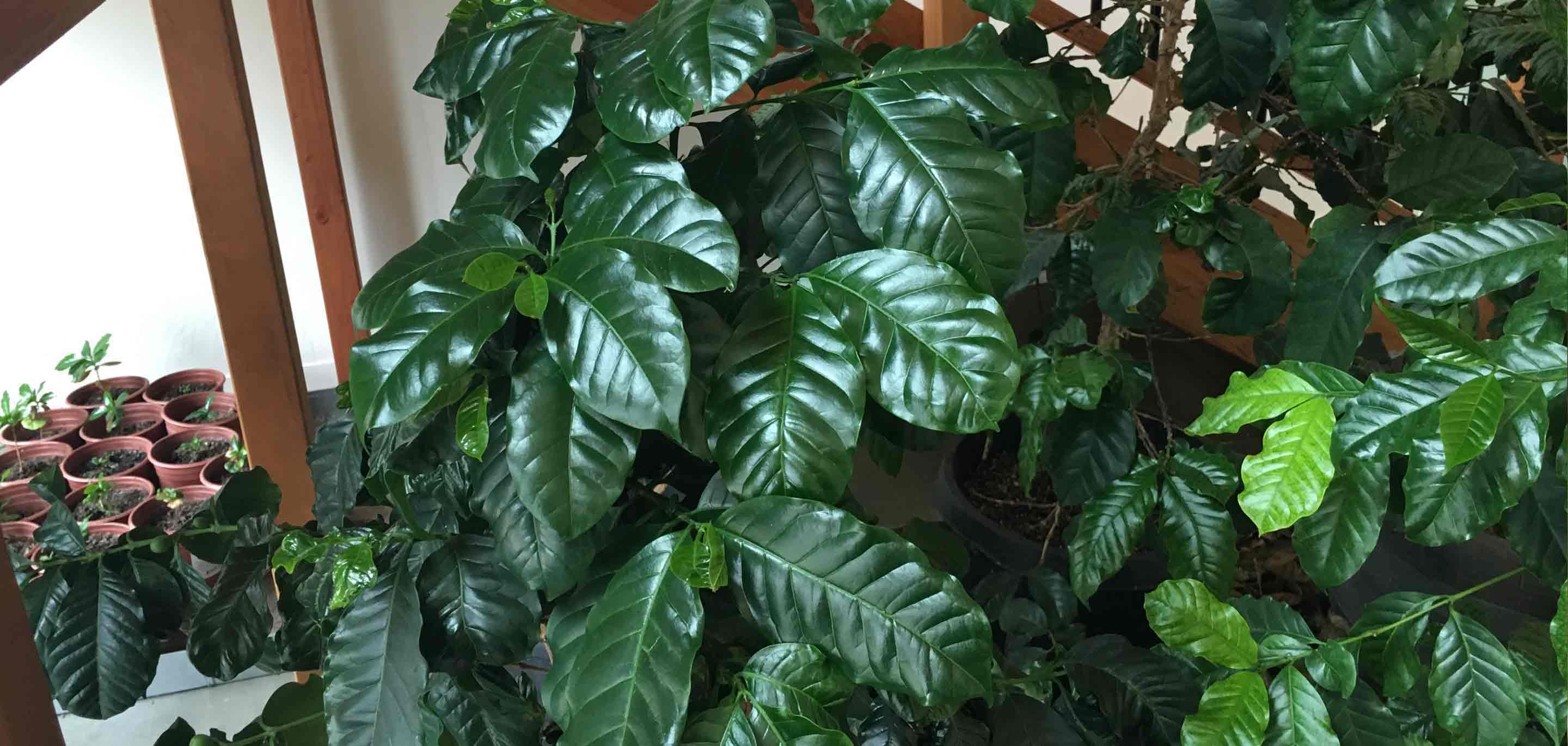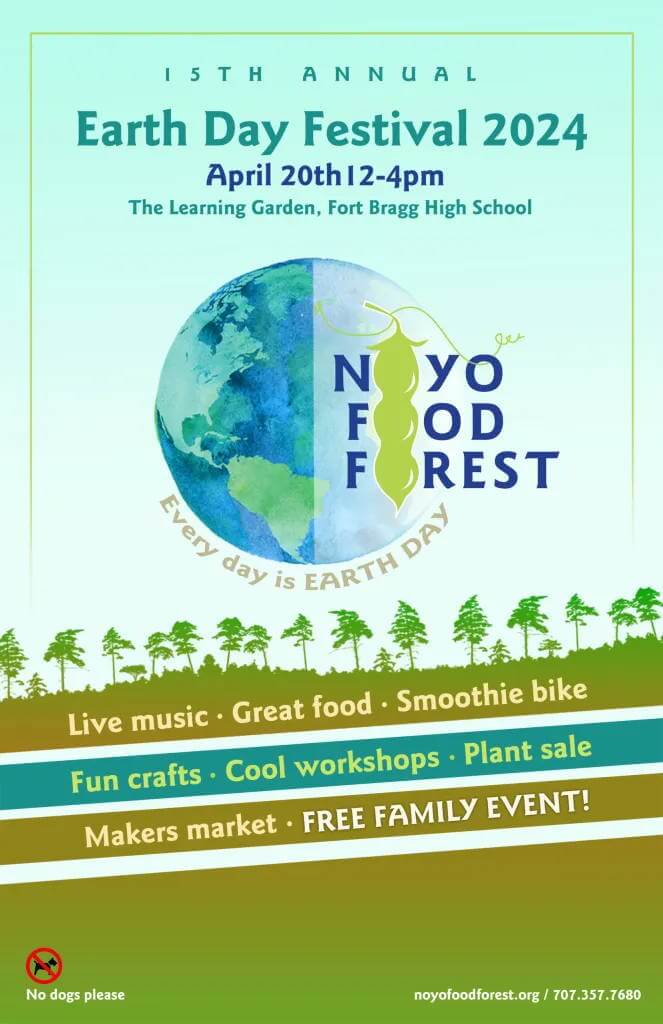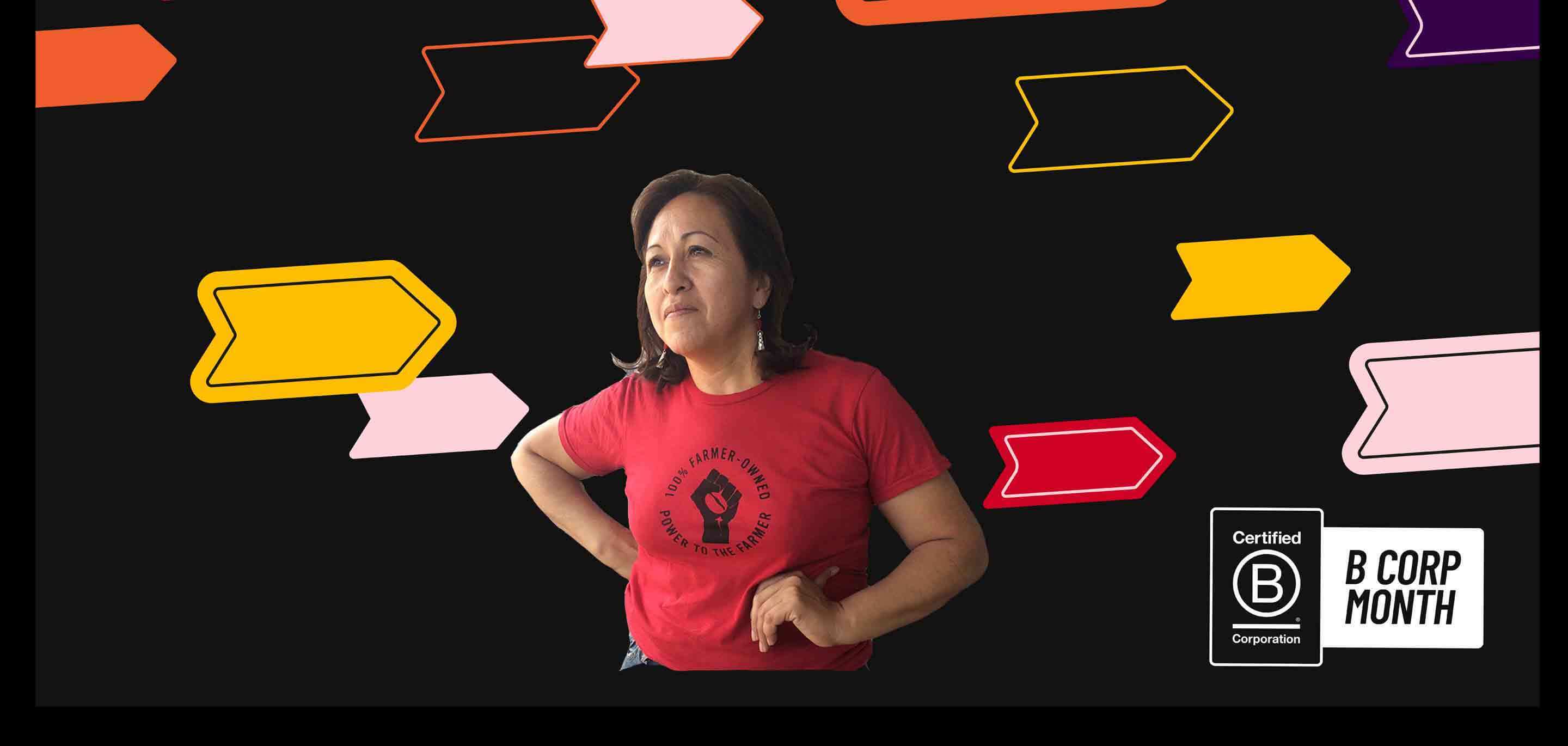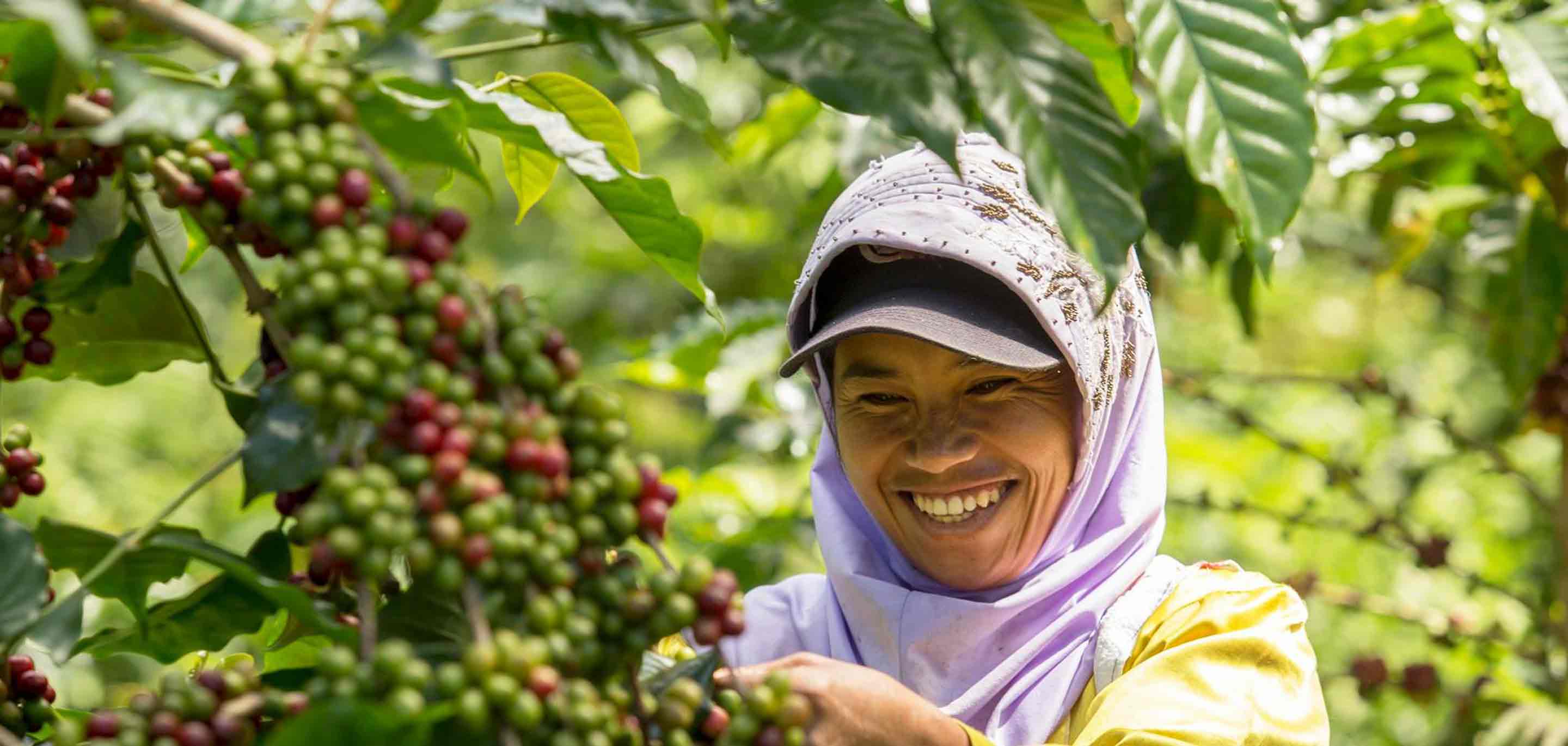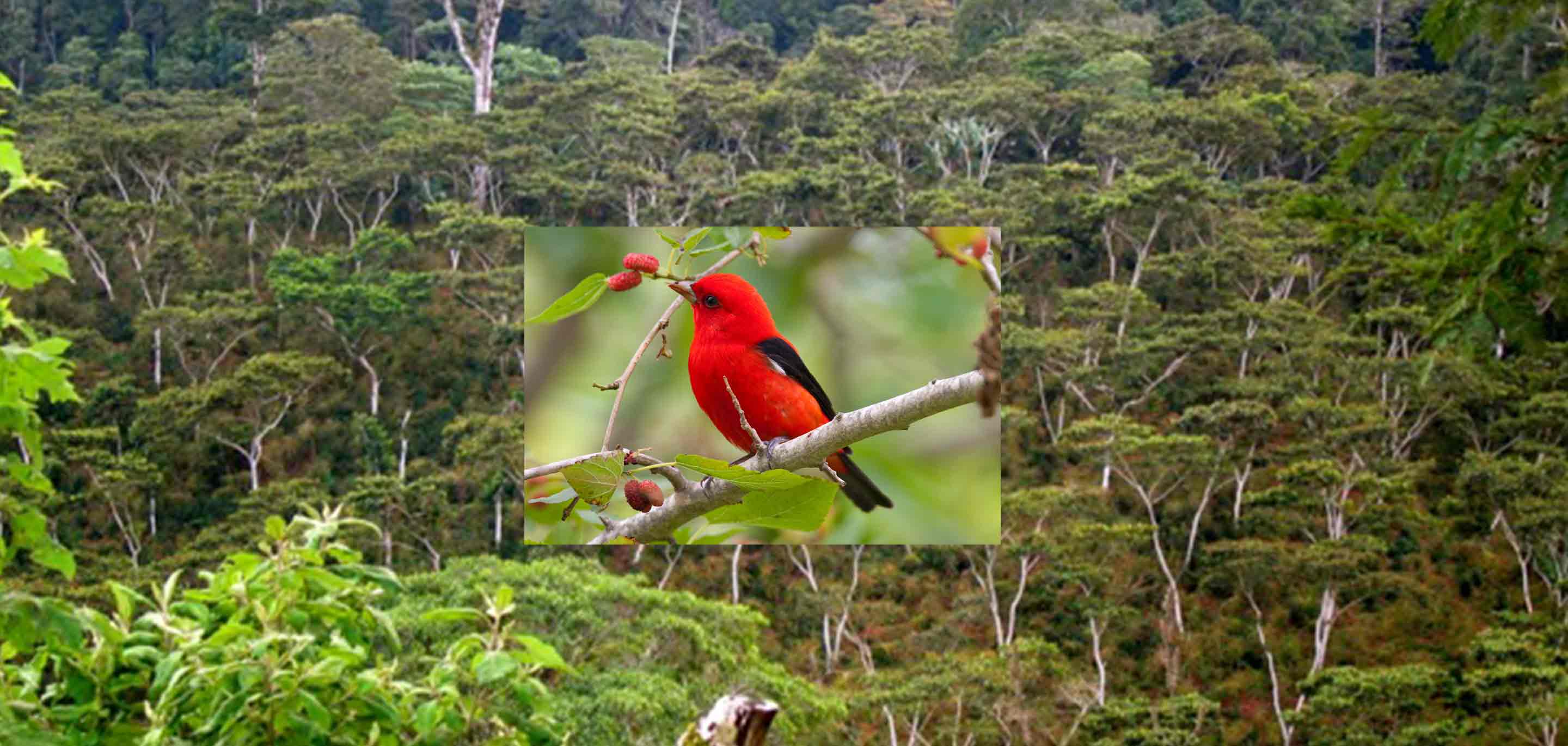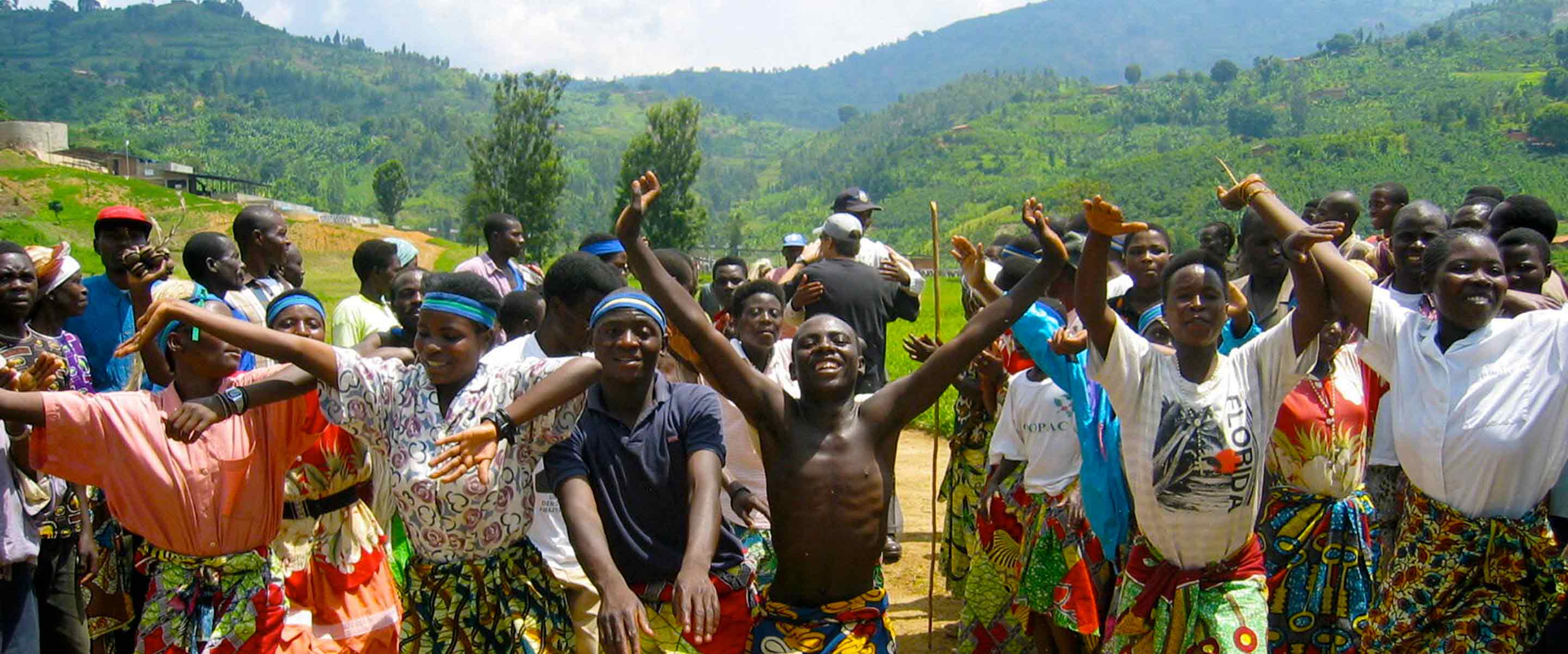
News, Stories and more
Our Blog
View BY :

Earning Beans For Coffee Rewards
Thanksgiving Coffee Company Appreciates You We have made it simple and effective for you to get the appreciation we think you deserve. It is the “Earn Beans” reward system. Yay! These rewards will be counted as “beans” which you can redeem as discounts. The more beans you earn the greater the discount, all the way up to free products!
read more-
![Listen to the Farmers of Namanyonyi]()
Listen to the Farmers of Namanyonyi
Thanksgiving Coffee recently participated in a study called “The Farmers Thriving Index” conducted by 60 decibels who tracks social impact measurements on the ground directly from the farmers themselves. The primary goal was to confirm the findings we had discovered and to validate our shift in focus to “Health and Happiness” as the best way to support our coffee farmers at the Namanyonyi cooperative in Uganda.
85% of the Farmers Report Improved Health
The findings of this report have exceeded our initial report on our Clean Water Project by showing that 85% of the Farmers interviewed report improved household health because of the water filters, and 78% report a reduction in healthcare costs.
Members of the Namanyonyi Community of Shalom Interfaith Cooperative during a clean water training in Uganda
A total Shift in the Way We Support Farmers
This is a huge moment for us as it confirms what our Co-founder Paul Katzeff has be developing over the past several years. The concept is that when the health of the family is increased, the wealth of the household simultaneously increases as well. This study proved that 78% of the Namanyonyi coffee farmers income has been freed from health care costs. That is a huge change, and a big influx of money that can be invested into the wellbeing of the family, rather than going to doctors and medicines.
This is a total shift from the way our company looked at supporting farmers in the past. We thought that if we paid more for the beans it would translate into a better lifestyle for the farmers. Unfortunately, this was not the case, and after 30 years we can now prove this new concept.
Results from Farmers Thriving Index , pg 14
Potential for Entire Industry Shift
Simply Put: Focus on the Health and Happiness of Coffee Farmers
1. Identify the major health challenges and their regions. (For the Namanyonyi Co-op in Uganda this is Clean Water)
2. Increase family wellness and you reduce the costs of healthcare. (78% of the household income was freed up for the Namanyonyi farmers)
The Farmers Thriving Index Report has now confirmed what we had been working towards. The report gave us the ability to hear directly from the farmers themselves and how the effects of clean water.
Learn More
The Namanyonyi co-op study was also included in a larger index with a focus on farmers nationwide in Uganda, as well as Rwanda. To learn more about the national findings you can read it here in the Daily Coffee News.
2024 Coffee Farmer Thriving Index
It is our hope that the coffee industry will learn to shift towards the common good of all farmers with health and happiness for all.
Enjoy the Delicious Peace coffees grown by the Namanyonyi Co-op
Sold outSold out
Lavender Grace is the Sustainability Consultant for Thanksgiving Coffee Company
Listen to the Farmers of Namanyonyi
read more -
![September Single Origin Club: Flor de Jinotega]()
Single Origin Club: Flor de Jinotega from Nicaragua
What is a Single Origin coffee? Simply put, these coffees are defined by the place they come from.
Single Origin coffees are from a specific farm or group of farms that make up small cooperatives. You’ll find that most of our Single Origin coffees are light roasted since this brings out their unique aromas and flavor notes.
This month, we’re sharing our Nicaraguan Flor de Jinotega with you, grown by the SOPPEXCCA Cooperative.
About the Farm
Nestled in the mountains above the regional capital Jinotega, the farmers of SOPPEXCCA grow coffee under the protective shade of bananas, mangos, and mahogany, and alongside dense forests providing home to dozens of rare orchids and winter habitat for hundreds of migratory songbirds. Jinotega is the heartland of Nicaragua’s coffee producing zone and many of the country’s finest coffees come from the thousands of small-scale family farms arrayed throughout the department’s lush mountain landscape.
This landscape wasn’t always organized this way. Before the revolution of the 1980s many of these small family farms were actually consolidated in expansive haciendas owned by foreigners and the country’s elite and farmed with the intensive use of agrochemical fertilizers and pesticides. The farmers themselves were hired labor, invariably poorly paid. In fact, the genesis of the revolution itself traces directly to these large farms, and the thousands of farmers without access to land. One of the central demands and outcomes of the revolution was a process of land redistribution whereby farmers gained access to the land they had worked for generations. Cooperatives arose out of the need to organize these small farms in larger economic unions that could market coffee, facilitate much needed financing, and serve the community’s broad social, economic, and environmental needs.
Altitude: 1,200 meters
Processing: Wet/Washed
Farmer: SOPPEXCCA
Varietal: Bourbon, Typica, Caturra
Though relatively small in membership, SOPPEXCCA has emerged as Jinotega’s leading cooperative. The cooperative represents 654 families and is recognized around the world as a leader in the movement to empower small-scale farmers, especially women and youth. SOPPEXCCA has built primary schools in its member communities, alongside pharmacies, cooperative grocery stores, and technical assistance centers. Extensive micro-credit programs offer members access to financing at a discount of 75% compared to locally available commercial finance. Long-term work to develop sustainable coffee production has resulted in a cooperatively-owned organic fertilizer production facility, innovative climate change adaptation efforts, and of course, ongoing coffee quality improvement programs.
Not ready to join the Single Origin Club? Make a one-time purchase of our Flor de Jinotega Light Roast coffee.
September Single Origin Club: Flor de Jinotega
read more -
![Impact Report 2022-23]()
How To Build Caring
Thanksgiving Coffee Company is happy to announce the launch of our newest Impact Report, which combines both 2022 and 2023.
Over the past several years our company has evolved into a regenerative business model. This is where we grow our ability to inspire possibility and awaken potential in both our employees, the coffee industry and our planet.
Our company is built on a foundation of caring, looking beyond immediate gratification and instead growing deeper connections with our farmers, our coffee products and the way in which we do our business.
In this report we have outlined several of our initiatives for you to dive deeper into what we care about and why we do what we do. We hope you gain more insight and find some inspiration from our latest impact report.
In this report you will find:
▪ A letter from our CEO – Jonah Katzeff, second generation of the founders
▪ Thanksgiving’s Pollinator Sanctuary Campus
▪ Green Bean Purchases, Certifications, and Countries of Origin
▪ Our Carbon Footprint, Declaration of Independence, and Regenerative Business Design
▪ Giving Back - Our Global and Local Community Health and Happiness Initiatives
Lavender Grace is the Sustainability Consultant for Thanksgiving Coffee Company
Impact Report 2022-23
read more -
![CasparFest 2024]()
“CasparFest”
The annual fundraiser for The Caspar Community Center happened on Sunday, July 21st...and Thanksgiving Coffee Company was there!
Jennifer and Joe serving Thanksgiving Coffee
CasparFest 2024
The annual major fundraiser for The Caspar Community Center “CasparFest” happened on Sunday the 21st... and Thanksgiving Coffee Company was there! Hundreds of attendees including the local “Casparados” were in attendance with many other friends from around the area and tourists as well.
The town of Caspar, a former lumber mill and cattle ranch, is a small community, halfway between Fort Bragg and the Village of Mendocino, surrounded on three sides by CA State Parks (Jughandle, Jackson State Demonstration Forest and Russian Gulch) and the fourth side is bordered by the Pacific Ocean. Officially, Caspar is an unincorporated part of Mendocino County with a population of about 500 as per the 2020 census. I'm almost positive that every single one of them was there - either helping to make food, serve guests, or helping in other ways to make the magic happen at this largest single fundraiser for their Community Center annually.
Jennifer Brown and Joe Seta at the Thanksgiving Coffee Company booth
Caspar Community Center in full festivities
The Casper Community Center is really the town hub offering an array of classes and a location for events, including concerts, community breakfasts, meetings, and much more.
There was an abundance of vendors. food and music all day from bluegrass, Americana, salsa, folk, Jazz, and other ethnic music with many types of dance including youth from Caspar Ballet and Grupo Folklorico, and general boogieing for 8 hours. Music provided by Tropiqueño, Gwyneth Moreland and Angie Heimann, The Old Growth Jazz Club, and Whiskey Wristwatch.
Tropiqueño inciting the dancers to groove!
Upcoming Community Summer 2024 Events for Thanksgiving Coffee Company
- Mendocino Music Festival - now through July 28 on the Mendocino Headlands
- Art in the Gardens - August 3rd and 4th at the Mendocino Coast Botanical Gardens
- Summer Gardens Concerts with Mendocino Woodwinds Quartet and the Bob Ayres Big Band on Sunday, August 11
- Great Day in Elk, August 24, at the Community Center in Elk/Greenwood
- Paul Bunyan Days in Fort Bragg over the Labor Day Weekend
CasparFest 2024
read more -
![Art in The Gardens 2024]()
The largest annual fundraiser for The Mendocino Coast Botanical Gardens happened on Saturday and Sunday, August 3rd and 4th... and Thanksgiving Coffee Company was there!
Art in The Gardens 2024
The 31st year of Art in the Gardens was a special weekend which brought together a diverse audience, including art enthusiasts, music lovers, local community members, and dedicated volunteers. Visitors were able to see the stunning dahlias in full bloom, enjoy local beer, wine, food, coffee, live music, ariel and dance performances, and support various artisans who generously donate a portion of their sales to the Gardens.
With more than 2,200 visitors and generous donors contributing a total of $74,367.96 (after expenses!) it's clear that Art in the Gardens continues to be a resounding success. This level of support is a testament to the event's popularity and the strong backing of the community. The funds raised will undoubtedly have a significant positive impact on the Mendocino Coast Botanical Gardens, allowing for continued growth and improvements.
Jennifer Brown at the Thanksgiving Coffee Company booth
Art in The Gardens in full swing
"47 Acres to the Sea", the Mendocino Coast Botanical Gardens is a local treasure!
Circus Mecca took flight!
Upcoming Community Events for Thanksgiving Coffee Company
- Great Day in Elk, August 24, at the Community Center in Elk/Greenwood
- Paul Bunyan Days in Fort Bragg over the Labor Day Weekend
Art in The Gardens 2024
read more -
![Redwood Coast Recreation Center Benefit]()
Redwood Coast Recreation Center Benefit
On Saturday, August 17, a benefit was held in the Sea Ranch Del Mar Center to help raise funds for the Redwood Coast Recreation Center which was lost in a tragic arson fire. This event was joyous and delicious with an array of sweet treats and decadent cheeses, to pair with wine and, of course, great coffee from us.
Cheeses From Penny Royal Farm, Valley Ford Creamery, Marin French Cheese, and Bohemian Creamery
Wines from Handley Cellars, Woodenhead, Wild Hog, Fort Ross, and Pacific Sar Wineries
Desserts from Franny's Cup and Saucer
Goodies from Trinks Cafe and 2 Fish Bakeries
Thanksgiving Coffee provided a tasty lineup, including:- A single origin light roast from Guatemala
- A medium roast blend with our award-winning Mocha Java
- Our SongBird Colombian dark roast, plus
- A delicious decaffeinated offering – Royal Decaf.
Once the attendees were fed and well caffeinated, the silent auction was where the bulk of the funds were raised, including artisan jewelry, woodwork, textile and glass art, plus cases of wine.The beautiful surroundings were most appreciated and, even though we had a rare summer drizzle (more than the expected coastal weather of “Fogust”), the sun broke through at the end and sent us all heading home with appreciation and looking forward to the return of the Redwood Coast Recreation Center.Upcoming Community Events for Thanksgiving Coffee Company
- Great Day in Elk, August 24, at the Community Center in Elk/Greenwood
- Paul Bunyan Days in Fort Bragg over the Labor Day Weekend
Redwood Coast Recreation Center Benefit
read more -
![Roastmaster's Select Club: Uganda White Honey]()
Roastmaster's Select Club: Uganda White Honey
Once a month, members of the Roastmaster’s Select Coffee Club can sample unique micro-lot coffees from around the world. “What is a micro lot ?” you ask. Read how we source the beans and what happens when they reach our roastery.
Following the harvest cycle, Roastmaster’s Club Members have exclusive access to these one-of-a-kind coffees at their peak freshness, and now it’s your turn a special treat!!
announcing our july roastmaster's select coffee!
This month, we're excited to showcase a special brew that embodies the essence of summer and the artistry of our master roasters.
As we enter the heart of summer, our Roastmaster has chosen a coffee that perfectly captures the season's vibrant spirit. This month's selection is a testament to our commitment to bringing you the finest, most flavorful coffees from around the world.Sustainability in Every Sip
When you indulge in our July Roastmaster's Select, you're not just treating yourself to a superior coffee experience, you support our work for systems evolution. We believe coffee can be a force for positive change, and this month's Roastmaster selection is no exception.
Are you ready to embark on a sensory journey through the highlands of Uganda? This month, our Roastmaster's Select Coffee Club brings you a truly exceptional brew. Let's dive into what makes this Ugandan gem a must-try for every coffee enthusiast.
About the Area
Mount Elgon, an extinct shield volcano straddling the Uganda-Kenya border, is home to some of Africa's finest organic coffee. Its expansive plateaus rise dramatically above the surrounding valleys, creating an ideal environment for coffee cultivation. The Sipi Falls wet mill, located in Uganda's Kapchorwa district, is at the heart of this coffee-growing region.
Named after a nearby waterfall, Sipi Falls processes cherry from over 8,600 organic farms across Mount Elgon's northern slopes. These small-scale farmers, with an average of 0.2 hectares each, cultivate coffee at elevations ranging from 1,450 to 2,200 meters. This combination of high altitude, rich biodiversity, and generations of farming expertise contributes to the exceptional quality of Sipi Falls coffee.
The Roasting Process
For our July Roastmaster's Select, we're featuring a unique honey-processed coffee from Sipi Falls. This method, introduced in 2016, involves carefully selecting cherries from high-elevation communities known for their meticulous harvesting practices. After sorting and floating for density, the cherries are washed and depulped. Instead of fermenting in tanks, the parchment is dried on raised screen tables, constantly turned to ensure even moisture evaporation and prevent mold formation.
The result is a complex, layered cup profile reminiscent of rum cake or snickerdoodle cookies. It showcases sweet spice notes and varied sugar flavors, highlighting Mount Elgon's exceptional terroir. This honey process, along with natural and custom washed methods, allows Sipi Falls to present the full spectrum of Mount Elgon's high-elevation characteristics.
Not Just a Cup
Sipi Falls' commitment to quality extends beyond processing. Their innovative business model, established over 20 years ago, continues to lead in producing affordable, certified, high-quality coffee. Farmers selected for these microlot programs receive the highest bonuses, incentivizing exceptional harvests.
By choosing this coffee, you're not only treating yourself to a superb cup but also supporting a sustainable, community-focused coffee production model. Experience the unique flavors of Mount Elgon with our July Roastmaster's Select from Sipi Falls!
Image from Royal Coffee
Roastmaster's Select Club: Uganda White Honey
read more -
![The Worlds Largest Salmon BBQ 2024]()
The 53rd annual World's Largest Salmon BBQ happened again this year on July 6th, and once again - Thanksgiving Coffee Company was there.
Carlos Hernandez & Sienna Reno enjoying Thanksgiving Coffee
The 53rd annual World's Largest Salmon BBQ
This annual event raises funds for restoring salmon habitat with the goal of returning the salmon population to a sustainable balance. Currently, the salmon fishing season is closed in California for the second year in a row to allow the salmon population to rebuild. It has been deeply affected over the last several years due to drought, spawning ground habitat damage, and other factors. For the second year in a row the half-ton of salmon that was donated for the BBQ originated from Alaska. Dozens of local and regional sponsors come together to make this event happen!
We introduced Nitro Coffee with a creamy mouthfeel and cooling chill!
In addition to serving hot specialty coffee as usual, we raised our game by serving multiple gallons of 4 varieties - Ethiopian Natural light roast, Paul's Blend medium roast, Noyo Harbor French very dark roast, and Royal Decaf. Additionally, nearly 3000 attendees were introduced to our new Nitro cold coffee with its creamy mouthfeel and cooling chill!
Jennifer Brown at the Thanksgiving Coffee Company Booth
It was a very hot day, by Fort Bragg standards (about 75°) so many of the attendees requested to enjoy their coffee over ice, and we were happy to oblige. Jennifer and I made everyone feel welcome and well caffeinated. Two other local B Corporations were represented as well; North Coast Brewing Company and Bonterra organic wines.
The very happy Bonterra Organic Estates wines booth, another B Corp in Mendocino County.
The North Coast Brewing Company booth
One of the acts "West of Nowhere" featuring from left to right; Dan Mello, Phil Dunn, Sean Van Buskirk
It's our annual privilege to build a pop-up coffee shop in the middle of a field on the shores of Noyo Harbor, but this year I took it to an even higher level - I emceed the event, thanking the dozens of sponsors and introducing the 10 acts that performed that day.
Text
Joe Seta as Emcee of the Salmon BBQ this year. Photo by Eric Fngal
The Worlds Largest Salmon BBQ 2024
read more -
![July Single Origin Club: Ethiopia Yirgacheffe]()
Single Origin Club: Ethiopia Yirgacheffe
What is a Single Origin coffee? Simply put, these coffees are defined by the place they come from. Single Origin coffees are from a specific farm or group of farms that make up small cooperatives. You’ll find that most of our Single Origin coffees are light roasted, bringing out their unique aromas and flavor notes.
We are thrilled to share the fascinating stories behind each coffee. This month, Roastmaster, Jacob Long, hand-picked our Ethiopia Yirgacheffe, which also happens to be one of our 2017 Roaster of the Year award winners! Join our Single Origin Club now to have only the finest of coffees delivered to your doorstep each month
Coffee from Ethiopia
Our Ethiopia Yirgacheffe is one of three award-winning roasts from our 2017 Roaster of the Year prize. It's grown by the Worka Cooperative located in southern Ethiopia at about 2,000 meters above sea level. The cooperative is comprised of around 411 members, and is part of the larger Yirgacheffe Coffee Farmers Cooperatives Union (YCFCU). The Ethiopia Yirgacheffe, Gedeb coffee is picked and pulped and washed on the same day, then to be dried in raised beds for no more than seven days.
"Delicate, deeply sweet. Baker’s chocolate, magnolia, peach, black peppercorn, sandalwood in aroma and cup. Gentle, rounded acidity; velvety mouthfeel. The richly drying finish consolidates to baker’s chocolate and peach. An engaging coffee particularly appealing to those who value delicate, cocoa-toned coffees with gentle acidity and engaging spice notes. Reassuring environmental and socio-economic credentials.” -coffeereview.com
Altitude: 2,000+ meters
Processing: Washed, dried in raised beds
Farmer: Worka Co-op (YCFCU)
Varietal: Indigenous heirloom varietals
Not ready to join the Single Origin Club? Make a one-time purchase of our Ethiopia Yirgacheffe Light Roast coffee.
July Single Origin Club: Ethiopia Yirgacheffe
read more -
![Native Cinema 2024]()
Native Cinema 2024
Thanksgiving Coffee Company had the privilege to co-sponsor the “Native Cinema” event along with Xa Kako Dile: in the main tent at the 2024 Mendocino Film Festival. The sold out audience was alerted at the introduction that the next two and a half hours could make them feel “uncomfortable” and the truths that were shared at this event were even more than that word conveyed.
Corine Pearce - Pomo Basket Weaver
There were beautiful short films on the artistry and teaching of the world-renowned Pomo basketry with Corine Pearce, and the resurgence and validation of the Yurok tribe’s forest management practices using fire which has been practiced in this region for millennia. These controlled burns have now been adopted by Cal Fire and other agencies as extremely effective in controlling dangerous undergrowth and revitalizing the land.
Margo Robbins of the Yurok Tribe bringing prescribed fire back in the film - Fire Tender
This led up to the most significant part of the event – a documentary on MMIW – Missing and Murdered Indigenous Women. It was horrifying to learn that we live in parts of the top 5 most dangerous parts of California for Indigenous Women, and also for other Indigenous people (MMIP) as well. Here is a snapshot of an all-too-horrific story: Missing of Murdered Indigenous People Fact Sheet
"The next 2 1/2 hours could make you uncomfortable"
Image from the documentary "We Ride For Her"
raising awareness of the heartbreaking realities
The film WE RIDE FOR HER (directed by Prairie Rose Seminole & Katrina Lillian Sorrentino) follows the birth of a group of motorcycle riding indigenous women who created this group to raise awareness of the heartbreaking realities and to aid in the search for their missing sisters and brothers. This documentary should be required education for all Californians.
History of Thanksgiving Coffee Company and Native Cinema:
Native Cinema 2024
read more -
![Mendocino Film Festival Gala 2024]()
The Mendocino Film Festival kicked off with a fabulous gala party at the Mendocino Arts Center with live music and great conviviality that featured a collaboration between community restaurants, wineries, and Thanksgiving Coffee Company .
Fabulous Gala at Mendocino Art Center
We chose to pair with Chef Joe Cucina Verona restaurant in Fort Bragg to serve Affogatos - a shot of espresso over vanilla bean Gelato… A decadent little pick me up that was enjoyed by all. The word Affogato is literally defined as “drowned” in Italian.
Left to right - Joe Seta, Chef Joe from Cucina Verona, Co-founder Paul Katzeff and festival sponsor, Diana Coryat.
Inside the Gala Tent on the Mendocino Art Center Patio
With both ends of the caffeination spectrum acknowledged, it's no surprise that we gave away over 300 Affogatos!
Left - Joe Seta serving up an affagato for the Gala
We had brought this tasty concoction to the festival last year with great success and also received the feedback that people were concerned about being kept awake after the first film was done so we had both our Northern Italian Espresso and Northern Italian Espresso Decaf versions. With both ends of the caffeine spectrum acknowledged, it was no surprise that we gave away over 300 Affogatos and started the 2024 Mendocino Film Festival on a lively note.
Mendocino Film Festival Gala 2024
read more -
![Materiality Assessment- What Really Matters]()
What Matters Most
Thanksgiving Coffee Company has been in the coffee business for a long time, and the playing field has really shifted, in fact undeniably the world has changed alot since 2020. In light of this accelerated movement and shifting tides, Thanksgiving Coffee realized the importance of checking in with you, our customers, and all who we work with. On the recommendation of our esteemed B Corp consultant Heather Paulsen, we decided to engage in a Materiality Assessment and have her lead us through the process. Now we have done it, gathered the information, and we are excited to share the results with you!
What is a Materiality Assessment?
A materiality assessment identifies significant issues and concerns that a company interfaces with both in business and in the wider world. In other words, it is a method of engagement to ensure that a business prioritizes the environmental, social, economic and governance issues that are understood to be the most important and impactful for the business and its stakeholders. Our study was designed to determine which relevant topics are most important to report and act on, to help us build out effective ESG (environment, sustainability, governance) strategies, and through this process develop stakeholder alignment for our company.
Phase I
To determine Thanksgiving Coffee Company’s list of material issues, Heather guided us through the following methodology. First we did background research and analysis of other businesses and nonprofits, including completed materiality assessments, impact reports, and their websites. We held a series of core team meetings to develop our preliminary list of material issues. We came to identify these three categories: Resources, People, and Governance. Then our core team reviewed the list, made revisions, created definitions of each issue, and made boundary mapping. Here are the issues in each category.
Resources
• Biodiversity & Land Use
• Energy Use/Renewable Energy
• Water Use
• Waste & Composting
• Sustainable Packaging
• Organic & Regenerative Agriculture
• GHG Emissions / Carbon Sequestration
People
• Product Quality & Variety
• Employee Well-being & Company Culture
• Responsible & Ethical Sourcing • Human Rights
• Community Engagement
• Farmer/Rural Development
• Giving Back
• Customer Satisfaction
• Affordable Access to Products
Governance
• Business Ethics & Stakeholder Consideration
• Transparency
• Traceability
• Innovation
• Marketing & Social Media
• Third-Party Certifications
Phase II
In this phase, a series of interviews and surveys were conducted with our employees and customers, including distributors, retailers, cafes/food service accounts, vendors, trade associations and nonprofit partners.
Then, the results were compiled from 21 employees, and 241 direct consumers through our outreach efforts from calls, emails, and social media. With all of this information we were able to map out the material issues into the matrix you see below.
Results
2023 Materiality Assessment Results
In the image above you will see the main material issues that rose to the top were in the category of People (in blue) with human rights being the very highest on the matrix, followed by sourcing practices, product quality, and organic & regenerative agriculture.
The results on the left axis of the matrix are the external stakeholders with results from our distributors, retailers, cafes/food service accounts, vendors, trade associations and nonprofit partners. On the bottom axis are the internal Thanksgiving Coffee Employees results. The matrix is a combined view of both external and internal results and has three shades of purple to delineate the differences of: moderate, high, and very high ratings. Note that none of the identified issues fell below the number 6 as a concern, that is why the grid goes from 6-10.
“Our work changes communities, from survival to prospering.
It’s a chain of care, love and support.” GoCoffeeGo, TCC Coffee Distributor
To understand where our third party certifications ranked, we put together another matrix following the same principles. Here you will see that the most regarded and highly ranked certification is USA Organic, followed by Fairtrade America , Smithsonian Bird Friendly and then B Corp Certification.
What You Said
To summarize what was said in the interviews is that Thanksgiving Coffee Company has superior quality, trust and knowledge in our field. It was also reflected back that we have a unique story to tell and that farmer connection, relationship and transparency are very important. Our consumers also want to feel good about their purchases.
"I found you because of your focus on the ethical stewardship of our planet. The coffee is great. Thank you for leading by example!" Anonymous survey comment
With the Materiality Assessment findings in, we are using it to guide our development efforts and ensure the company focuses on the most important issues facing the business, and as you can see it's People.
Over the past several years we have engaged in a new approach with Regenerative Business Development to learn how to empower our people in the company, and develop our ability to support whole systems thinking. We are working to improve the way we interact with all of our people on the planet. This assessment is also a tool that will guide us back to you, our customers and how we can be of more service to you as our "People" who love our coffee and continue to support us. Thank you for keeping us going all these years;, we really appreciate you. We can't wait to grow more together, while drinking delicious and exquisite coffee!
Lavender Grace is the Sustainability Consultant for Thanksgiving Coffee Company.
Materiality Assessment- What Really Matters
read more -
![Roastmaster's Select Club: Rwanda Mbilima]()
Roastmaster's Select Club: Rwanda Mbilima
Once a month, members of the Roastmaster’s Select Coffee Club have the opportunity to sample unique micro-lot coffees from around the world. “What is a micro lot,” you ask? Read up on how we source the beans and what happens when they reach our roastery.
Following the harvest cycle, Roastmaster’s Club Members have exclusive access to these one-of-a-kind coffees at their peak freshness, and now it’s your turn!
Discover Rwanda's Exceptional Dukunde Kawa Coffee
This June, Thanksgiving Coffee Company is proud to feature an exceptional coffee from the renowned Dukunde Kawa cooperative in Rwanda as our Roastmaster's Select Coffee Club offering. Dukunde Kawa is renowned for producing some of the brightest and most memorable coffees in Rwanda, thanks to its exceptional business structure and commitment to sustainability.The Dukunde Kawa Cooperative: A Beacon of Ethical Coffee Production
Dukunde Kawa is a shining example of ethical and sustainable coffee production. The cooperative carries multiple certifications, including Fair Trade, Organic, Rainforest Alliance, and UTZ, ensuring that its coffee is grown and processed with the utmost care for the environment and the well-being of its workers. Remarkably, over 80% of Dukunde Kawa's workforce is comprised of women, empowering them and promoting gender equality in the coffee industry.The Mbilima Washing Station: A Gem in Rwanda's Northern Province
This month's featured coffee comes from the Mbilima washing station, one of Dukunde Kawa's multiple stations located in the Gakenke District, north of Kigali. Established in 2005, Mbilima was created to provide farmers in the area with a more accessible location to deliver their cherry during harvest, ensuring better quality and reducing transportation time. Situated at an impressive elevation of 2,020 meters, Mbilima is one of the highest washing stations in Rwanda. This high altitude, combined with the mineral-rich soil and lush environment, contributes to the exceptional quality of the coffee produced here. The processing at Mbilima is meticulous, involving cherry sorting, flotation, depulping, fermentation, soaking, washing, and careful drying over 14-21 days.Rwanda's Unique Coffee Terroir and History
Despite its small size compared to other East African coffee-producing countries, Rwanda's coffee has a unique history and terroir that sets it apart from the rest of the continent. Coffee was initially introduced by Belgian colonizers as a cash crop, but it wasn't until the late 2000s that Rwanda's coffee gained international recognition thanks to the Partnership for Enhancing Agriculture in Rwanda Through Linkages (PEARL) initiative. PEARL invested in infrastructure, education, and cooperative organization, vastly improving processing hygiene and traceability. Most significantly, it revived and polished the legacy bourbon genetics that had been abandoned, revealing the snappy acidity, stone fruit flavors, and fragrant herbaceousness that make Rwandan coffee truly unique.Experience the Exceptional Flavor of Dukunde Kawa Coffee
Don't miss your chance to experience the exceptional flavor and quality of Dukunde Kawa's coffee from the Mbilima washing station. Join our Roastmaster's Select Coffee Club today and be among the first to savor this remarkable offering from Rwanda. Visit our website to learn more and secure your subscription.Altitude: 1,500-2,100 meters
Processing: Fully washed and dried in raised beds
Farmer: Dukunde Kawa
Varietal: Local Bourbon Cultivars
Region: Akanduga Village, Rwanda
Roastmaster's Select Club: Rwanda Mbilima
read more -
![June Single Origin Club: Guatemala Guaya'b]()
Single Origin Club: Guatemala Guaya'b
What is a Single Origin coffee? Simply put, these coffees are defined by the place they come from.
Single Origin coffees are from a specific farm or group of farms that make up small cooperatives. You’ll find that most of our Single Origin coffees are light roasted.
This month we're sharing our Guaya'b coffee grown in Guatemala by the Guaya'b Cooperative and light-roasted here at Thanksgiving Coffee in Fort Bragg, CA.
Guaya'b from Guatemala
The farmers of the Guaya’b Cooperative grow coffee under a dense forest canopy that doubles as the winter home for dozens of species of migratory birds as well as local flora and fauna. It wasn’t always this way.
When coffee was introduced to this remote region 40 years ago, it was promoted as an alternative to subsistence agriculture, and farmers were taught to clear forests to make way for this new cash crop. Fortunately, these farmers are closely connected to the health of their land, and have re-established their once logged forests providing much needed shade and diverse ecosystems in which coffee thrives.
Now, a new generation of farmers works to cultivate coffee and a variety of other cash and subsistence crops to increase incomes, and to protect the health of the land. Thanks to their partnership with our importer, Elan Organic Coffee, Guaya’b has perfected the art of picking, depulping and fermenting their coffee to produce deep, juicy, and full flavored coffee with a truly distinctive character.
Altitude: 1,300-1,600 meters
Processing: Wet/washed
Farmer: Asosicacion Guaya’b Civil
Varietal: Bourbon, Typica, Caturra
In fact, the farmers’ coffee is so unique that they periodically run into trouble with ANACAFE, Guatemala’s national coffee marketing wing, which tries to subdue Guaya’b’s flair and replace it with a more generic cup profile produced by less-inventive processing methods.
Not content to merely develop members’ coffee production, Guaya’b has a pilot organic honey project, which also helps to increase coffee yields thanks to improved pollination.
Not ready to join the Single Origin Club? Make a one-time purchase of our Guatemala Guaya'b Light Roast coffee.
June Single Origin Club: Guatemala Guaya'b
read more -
![Roastmaster's Select Club: Poco Fundo Coopfam]()
Roastmaster's Select Club: Poco Fundo Coopfam
Once a month, members of the Roastmaster’s Select Coffee Club have the opportunity to sample unique micro-lot coffees from around the world. “What is a micro lot,” you ask? Read up on how we source the beans and what happens when they reach our roastery.
Following the harvest cycle, Roastmaster’s Club Members have exclusive access to these one-of-a-kind coffees at their peak freshness, and now it’s your turn!
Co-op Coffee Grown In Brazil
This month, we're proud to feature a truly special coffee grown by a cooperative of small-scale farmers in southeastern Brazil. The beans come from Cooperativa dos Agricultores Familiares de Poço Fundo e Região (COOPFAM), an association formed in 1991 with an inspiring mission.
A Collective Vision for a Better Life
In the early 1990s, 76 farming families in the state of Minas Gerais united with a collective dream - to improve their standard of living, reduce poverty, and create sustainable opportunities that would allow them to maintain their agricultural traditions for generations to come. By banding together as COOPFAM, these determined farmers were able to increase productivity on their small plots while focusing on quality family-oriented farming practices. Their cooperative model allowed them to share resources, knowledge, and a powerful collective voice.
Fair Trade Certified for Over 20 Years
COOPFAM's commitment to ethical practices and sustainable farming led them to become Fair Trade certified by Fair Trade Labeling Organizations International (FLO) in 1998. For more than two decades, they have adhered to rigorous Fair Trade standards, ensuring their farmers receive fair wages, have safe working conditions, and utilize environmentally-friendly growing methods. When you purchase this coffee, you're directly supporting COOPFAM's mission and the livelihoods of these hard-working small farming families.
A Taste of Tradition and Passion
But beyond the inspiring story, COOPFAM's coffee truly shines in the cup. Grown in the ideal climate of southeastern Brazil, these beans produce a rich, full-bodied brew with notes of sweet chocolate, ripe berries, and a subtle nutty finish.With each sip, you'll taste the passion and commitment of these small farmers who have dedicated their lives to cultivating the finest coffee possible. It's a tradition kept alive through their cooperative and one we're honored to share with you this month. So join us in supporting COOPFAM and celebrating the hard work and vision of these inspiring small-scale coffee growers in Brazil. Brew a cup, savor the flavors, and taste the passion behind every bean.
Altitude: 800-1,300 meters
Processing: Full natural and sun-dried
Farmer: COOPFAMCooperativa dos AgricultoresFamiliares de Poço Fundo e Região
Region: Poço Fundo, Brazil
Roastmaster's Select Club: Poco Fundo Coopfam
read more -
![May Single Origin Coffee Club: Bolivia]()
Single Origin Club: Bolivia Canto de Bolivar
What is a Single Origin coffee? Simply put, these coffees are defined by the place they come from.
Single Origin coffees are from a specific farm or group of farms that make up small cooperatives. You’ll find that most of our Single Origin coffees are light roasted.
This month we're sharing our Bolivia Canto de Bolivar coffee grown by ASOCAFE and light-roasted here at Thanksgiving Coffee in Fort Bragg, CA.
Unveiling the Sweetness of Bolivia: Our Featured Single Origin Coffee
As the mist gently passes through the lush valleys of Caranavi, a symphony of flavors awakens, and we're inviting you to embark on a journey through the heart of Bolivian coffee cultivation. This month, we proudly present our featured single origin coffee, a true embodiment of the passion and dedication that flows through the veins of 300 farming families perched atop the mountain ridges in the foothills east of the Andes.
Imagine a landscape where rivers carved by glaciers 4,000 meters above create a tapestry of deep valleys, providing an idyllic setting for the cultivation of exquisite coffee. Here, under the shade of a lush jungle canopy, prized coffee varietals thrive, nurtured by the hands of skilled farmers who have mastered the art of coaxing out the sweetest flavors from the earth.
At the heart of this remarkable coffee lies ASOCAFE, a cooperative founded in 1990 with a steadfast mission: to improve the quality of the region's coffee and, consequently, the lives of its farmers. Through their unwavering dedication, ASOCAFE has become a beacon of hope, ensuring that every meticulously hand-picked coffee cherry is treated with the utmost care and respect.
The Journey from Cherry to Cup
Once the ripe cherries are harvested, they embark on a transformative journey, guided by the watchful eye of ASOCAFE's staff. At central processing stations, the cherries are depulped, fermented, washed, and sun-dried, each step a testament to the cooperative's commitment to preserving the coffee's exceptional quality and unique flavors.
As you savor the first sip of our featured single origin coffee, you'll be transported to the heart of Bolivia's coffee-growing region. The rich, sweet notes will dance across your palate, revealing the essence of a land where tradition and innovation converge, where every cup is a celebration of the hard work and passion that goes into its creation.
Join us in supporting the farmers of ASOCAFE and experience the true sweetness of Bolivia. Order online today, and let this exceptional coffee awaken your senses and ignite your appreciation for the art of coffee cultivation.
Altitude: 1,800 meters
Processing: Wet/washed
Cooperative: ASOCAFE
Varietal: Typica, Caturra, Catui
Not ready to join the Single Origin Club? Make a one-time purchase of our Bolivia Canto de Bolivar light roast coffee.
May Single Origin Coffee Club: Bolivia
read more -
![Coffee Center Opens at UC Davis]()
University of California Davis Coffee Center
The University of California – Davis opened a new $6 million dollar Coffee Center on May 3, 2024, with all appropriate ruffles and flourishes, and I was proud to attend.
Over the last 9 years their elective course, Introduction to Coffee, has soared its way to being the most popular elective course offered to undergraduate students, outpacing “Into to Beer” and “Human Sexuality” making a strong case that to the UC Davis student body – coffee is more important than alcohol and/or sex.
Ribbon Cutting for the UC Davis Coffee Center Opening
COFFEE RESEARCH
Fascinating work was showcased on a wide variety of coffee topics, including:
- Thermodynamics of To Go Coffee - What keeps To-Go Coffee Warmest? Study by undergrads.
(Spoiler alert… It’s the lid.) - Impacts of Total Immersion Brewing On Cold Coffee Flavor
- Climate Change Impacts on Coffee Growing Regions in Brazil
- A new mobile application for coffee bean grading and evaluation using color, size and defect analysis – all on a mobile phone.
Representative Raw Data -Thermodynamics of To Go Coffee
What does chemical Engineering have to do with coffee - source UC Davis Coffee Center Opening
SPEAKERS
Itenerary for UC Davis Coffee Center Opening
It was also fascinating that all these studies needed to be underwritten (in one way or another) by some type of sponsorship. The sponsorships ranged from in-kind sponsors who donated 100 cups, in 4 sizes, to Coffee roasters who donated services, to equipment suppliers who donated the funds necessary to do thousands of measurements to prove their thesis. Our higher education facilities are simply not able to fund all these kinds of projects without external financial aid, so they are very vocally appreciative for those who contribute sponsorships.
Upper left, Doctoral Candidate Laudia Anoke-Bempah, upper right Dr. William Ristenpart, Center, Chancellor Gary May, lower left, Peter Giuliano SCA, lower right Richard L. Corsi
The Coffee Center Building
The building itself was repurposed from previously unrelated research purposes, but remodeled to allow for classrooms, cupping labs, roasting, testing, green coffee storage, and more.
Attendees at the opening of the Coffee Center at UC Davis
Interior of the new Coffee Center at UC Davis
We are excited for the future to see what this program will mean for the next wave of bright new minds in the coffee industry and for the deeper appreciation of coffee to thousands of students per year. Cheers!
UC Davis student roasted beans, from Royal Coffee, chocolate covered by students as well.
Coffee Center Opens at UC Davis
read more - Thermodynamics of To Go Coffee - What keeps To-Go Coffee Warmest? Study by undergrads.
-
![How To Grow Coffee Trees]()
The Roots of Your Morning Brew: Understanding the Coffee Plant
For many, coffee is the ritualistic start to the day, a beloved beverage that energizes and comforts. Yet, beyond the steaming cups and aromatic brews lies the coffee plant, a botanical wonder that is the genesis of every coffee lover’s journey. At the heart of Thanksgiving Coffee Company is a deep appreciation for this living tree source—the company respects and values the entire process, from the nurturing soil that cradles the seed to the satisfying sip that completes the circle. We have been connecting to this plant by growing our own coffee trees right here for many years.
Coffee Trees Growing at the Thanksgiving Coffee Company Office
Anatomy of the Coffee Plant: More Than Just Beans
The coffee plant, with its glossy green leaves and ripe cherries, is both an aesthetic marvel and a complex organism. Beneath the soil, its roots anchor the plant and absorb vital nutrients. Above ground, the leaves play a crucial role in photosynthesis, while the bright red cherries house the precious beans inside. It's these beans that, once processed and roasted, give rise to the alluring aromas and rich flavors that characterize each cup of coffee.
Varied Flavors: The Many Varieties of Coffee Plants
Ripe coffee cherries on the Arabica coffee tree grown at the office
When you think of coffee, the two dominant species: Arabica and Robusta, likely come to mind. Arabica is prized for its smoother, more nuanced taste, while Robusta is revered for its robustness and higher caffeine content. However, there exists a myriad of lesser-known varieties, each with its own unique flavor profile, waiting to be discovered by eager coffee connoisseurs.
From the Soil to your first Sip: How Terroir Affects Your Coffee
Like fine wine, coffee is influenced by its terroir—the environment in which it's grown. The climate, soil composition, and even the angle of sunlight on the slopes where coffee plants thrive collectively contribute to the coffee's flavor profile. These factors, often subtle and complex, define a coffee's body, acidity, and notes, creating an array of tastes as diverse as the landscapes from which they come.
Ripe cherries harvested from our coffee trees.
Ready to Discover the Flavor of Your Own Coffee
If you are inspired to develop a closer relationship with your coffee and want to lean into the root system of your daily coffee ritual, we have a series for you. Our co-founder Paul Katzeff has been growing coffee trees at home for years, and will lead you through his process.
Check out the series:
Part I: The Beauty of Growing Coffee Trees in Your Home
Part II: All you Need to Know About Growing Coffee Trees At Home
Part III: Caring For Your Coffee Tree
Coffee Tree Source:
Lavender Grace is the Sustainability Consultant for Thanksgiving Coffee Company.
How To Grow Coffee Trees
read more -
![Earth Day Event in Fort Bragg 2024]()
Earth Day Event in Fort Bragg
The Noyo Food Forest is having their annual Earth Day celebration this Saturday at the Learning Garden. This four hour event is a fundraiser for the Farm-to-School and Youth Intern programs that the Noyo Food Forest operates year-round. We partner with the Noyo Food Forest throughout the year, and we especially love being a part of this annual event in Fort Bragg.
15th Annual Earth Day Event
Saturday, April 20, 12 - 4 PM
At the Learning Garden at Fort Bragg High School on Dana Street.This Earth Day event is free and geared toward everyone in the family. There will be live music, and you can participate by putting down a bid for the silent auction, paying entry to bouncy houses, and tasting goodies from local chefs. This is one of the most fun events that happens in the city of Fort Bragg every year. Local organizations and nonprofits are a big part of this event, and you’ll see booths and representatives from the Noyo Marine Science Center, the Mendocino Land Trust, our Mendocino County state parks and many more important parts of the coastal community.
Thanksgiving Coffee will be serving up samples of our Bee Bold Blend, our new Nitro Coffee, and the Noyo Food Forest will be selling 12oz bags, as well. All the proceeds benefit the Noyo Food Forest and their important work here in our community. We are very happy to be a part of this awesome event. For more information, visit the Noyo Food Forest Earth Day page on their website, and RSVP on Facebook to share with your friends. Join us on April 20 – see you at the Learning Garden.
Thanksgiving Coffee Company
Partnership with the Noyo Food ForestLearn more about how we support our Mother Earth
Earth Day Event in Fort Bragg 2024
read more -
![April Single Origin Club: Rwanda Dukunde Kawa]()
Single Origin Club: Rwanda Dukunde Kawa
What is a Single Origin coffee? Simply put, these coffees are defined by the place they come from.
Single Origin coffees are from a specific farm or group of farms that make up small cooperatives. You’ll find that most of our Single Origin coffees are light roasted.
This month we're sharing our Rwanda coffee grown by the Dukunde Kawa Cooperative and medium-roasted here at Thanksgiving Coffee in Fort Bragg, CA.
Dukunde Kawa: Exceptional Coffee from Rwanda
The Dukunde Kawa Cooperative in Rwanda is home to over 2,000 small family farms, each dedicated to cultivating exceptional Arabica coffee. These prized coffee varietals are known for their rich, bourbon-like sweetness and subtle expressions of the local terroir.
Spread across the cooperative's lush, rolling hills, the farms of the Musasa community work tirelessly during the harvest season. Each member brings their freshly picked, ripe coffee cherries to one of Dukunde Kawa's three washing stations, where the cherries are carefully sorted by hand.
The cherries then undergo a meticulous process of depulping, fermentation, and drying. The beans are placed on elevated racks and turned by hand to ensure even moisture content before being prepared for export.
The result of this community-driven effort is a coffee that showcases the best of what Rwanda has to offer. Dukunde Kawa's coffee features deep chocolate notes, juicy hints of orange and plum, and a sweet, maple-like finish - a true reflection of the care and expertise of the cooperative's farmers.
Altitude: 1,600-2,000 meters
Processing: Wet/washed
Cooperative: Dukunde Kawa Co-op
Varietal: Bourbon
Not ready to join the Single Origin Club? Make a one-time purchase of our Rwanda medium roast coffee.
April Single Origin Club: Rwanda Dukunde Kawa
read more -
![Roastmaster's Select Club: Colombia Cosurca]()
Roastmaster's Select Club: Colombia Cosurca
Once a month, members of the Roastmaster’s Select Coffee Club have the opportunity to sample unique micro-lot coffees from around the world. “What is a micro lot,” you ask? Read up on how we source the beans and what happens when they reach our roastery.
Following the harvest cycle, Roastmaster’s Club Members have exclusive access to these one-of-a-kind coffees at their peak freshness, and now it’s your turn!
Crafting Coffee with Care: The Story Behind COSURCA
This exceptional coffee is sourced from a network of family-owned farms organized around the Cooperativa del Sur del Cauca (COSURCA), located within the vibrant Cauca region of Colombia. COSURCA is an umbrella cooperative that brings together 11 community cooperatives spanning 10 municipalities across the Cauca department.
At the heart of COSURCA's operations is a centrally located dry mill facility and cupping lab, where the coffee is meticulously received, processed, and selected for export. Beyond just marketing coffee globally, COSURCA is deeply committed to supporting its producers, providing them with essential financing, training, and technical assistance to continually improve the quality of their coffee.
But COSURCA's impact extends far beyond the coffee itself. The cooperative also strives to enhance the overall quality of life for its coffee producers and their families. Through innovative initiatives like a fruit juice production facility, utilizing the same cultivated fruits from the coffee farms, and a healthy kitchen program that funds kitchen renovations for the producers, COSURCA is truly making a holistic difference in the lives of its community.
This coffee, crafted with care and a deep commitment to the well-being of its producers, is a testament to the power of cooperative efforts and the transformative impact they can have on both the product and the people behind it.
Altitude: 1,550-1,900 meters
Processing: Washed and dried in the sun
Region: Cauca, Colombia
Farmer: Cooperativa del Sur del Cauca - COSURCA
Roastmaster's Select Club: Colombia Cosurca
read more -
![A Just Cup? Our Story As A B Corp]()
What Is In Your Cup?
When you drink your coffee, you might want to know what goes into your cup, and if it is Thanksgiving Coffee, you might want to know why we became a certified B Corp. So let me tell you a little story about our coffee company and why we went through this rigorous process of certification.
When Thanksgiving Coffee Company began (now over 50 years ago) it was based on the co-owner Paul Katzeff's history as a social worker. The function of the coffee became a vehicle for social, environmental and economic justice in the world. In the 80's, during Paul's first momentus visit to the coffee farms of the war-torn country of Nicaragua, he created our motto "Not Just A Cup, But A Just Cup". This has been the intention behind every aspect of Thanksgiving Coffee's work. (If you ever get a chance, ask Paul to tell you the story of this first visit, it is quite something!) In the meantime you can read more on the revolution at Liberation News.
Coffee is one of the most widely consumed beverages the world over. It is an economic mainstay for dozens of countries and produced by 25 million small share holders. As a pioneer Thanksgiving Coffee Company has gone to these coffee-growing origins around the world to meet with the farmers, to support their organic farming cooperatives, to pay a living wage for the beans, and provide meaningful employment along the entire supply chain to help innovate and create sustainable ecology for over 5 decades.
Can you taste the difference? Will you be the difference?
When a business becomes a Certified B Corporation it means that they have undergone an extensive process to meet the highest standards of verified social and environmental performance, public transparency, and legal accountability to balance profit and purpose... This was a perfect community for Thanksgiving Coffee to join, with thousands of conscious companies in 89 countries who do real work to make our world a better place for all.
B Corp is A Network to Build Collaboration and Work Toward a More Inclusive Economy
Nicaruguan farmers who spoke out for justice were a huge turning point in our company's history. The women led farmer cooperative of Soppexcca is part of this Nicaraguan legacy and the work we do as a B Corp. When you go to drink your next cup of coffee, take a moment and ask yourself, what is in your cup, really? Is it a "Just Cup"? How does it sustain the Earth? How does it treat our life sustaining waters? Does it support the humanity of all the hard-working farmers? Can you taste the difference? Will you be the difference?
Image: Natividad Lopez Garcia, Reina Isabel Quintero, and Flor Rodriguez, founding members of SOPPEXCCA’s women’s cooperative in Nicaragua.
To try Soppexcca’s Organic and Fair Trade coffee from Nicaragua you can either purchase the Flor de Jinotega or our Bee Bold Cause Coffee in Dark and Medium, which uses their coffee as the main bean in the blend.
Stay Connected and Learn How We Use Our Coffee For Good.
A Just Cup? Our Story As A B Corp
read more -
![Celebrating Women and Coffee]()
Celebrating Women and Coffee
In many countries coffee is one of the main sources of income for women to feed their families. This March we want to celebrate all the hard working women who grow, pick, process and produce the delicious coffees we send out into the world. We know how hard it can be, especially with all the unpaid work women are responsible for. We also know how important it is to have freedom over ones time, saftey and finances. It is our hope at Thanksgiving Coffee Company that all the women working in coffee can live happy and healthy lives.
Ethiopian Coffee Farmer
In order to bring the balance of labour and earned income for women, there is still a long way to go. The gender equality report from the International Coffee Organization found that 70% of labour in coffee production is provided by women, however, women have systematically lower access to resources, land, credit and information, and that keeps the women in a state of poverty.
Nepal- Women Sorting Himalayan ArabicaCoffee
El Salvador - Women Sorting Coffee
Text
Congo - Coffee Farmer and Mother
An estimated 72% of unpaid care work in households globally is done by women.
Uganda- Mirimbe Kawamera Farmer and Mother
Thanksgiving has been fostering empowerment for women and working with our importer Etico to achieve gender equality with the Soppexcca Co-op since 2013. We have now been able to raise over $40,000 and give into the fund to support women coffee farmers for financial stability and resources for education and growth towards a better life.
Nicaragua, Soppexcca Co-op memeber planting coffee
Read more about our support for the women of Soppexcca:
"Recognizing the Value of Womens Unpaid Work".
Celebrate the Women Coffee Farmers of Soppexcca
You can support the women of SOPPEXCCA, and the great community they cultivate together by purchasing their coffee here.
Lavender Grace is the Sustainable Ecology Advocate for Thanksgiving Coffee Company and Consultant for the Honey Hive of Mendocino.
Celebrating Women and Coffee
read more -
![Song Bird Coffee Protects Critical Forests]()
Song Bird Coffee Protects Critical Forests
Songbirds are important, beautiful and a delight to the senses.
For over 25 years Thanksgiving Coffee has continued to support endangered migrating songbirds and the essential forest habitats they need to survive.
Our work to conserve Songbirds began 1998 with our line of Songbird Coffee. Here at Thanksgiving we continue to purchase from conscious coffee farmers who understand the importance of shade grown coffee, and it's role in protecting biodiversity.
The Smithsonian Migratory Bird Center recently released a wonderful video that highlights the process and the importance of shade grown coffee, and we want to share it with you.
It is called Cafe Y Aves
"In rural Colombia—and many parts of the world—coffee is essential to local culture and the livelihood of farmers. To birds and other wildlife, the places where coffee plants grow are just as essential. "
History of Deforestation
By 1996, the United States forests had run out of hardwoods such as oak, ash, maple, cherry, and all the wild fruit and nut trees due to unsustainable logging practices. The desirable wood of these trees is used for many things like furniture making, and also became very in demand as high end finishes for home building, like veneers for plywood, doors and window frames.
The timber industry, needed to find another source for hardwood. They turned their attention south, to the abundant rain forests of South and Central America, where these trees and many others grew plentiful, vitalized by the nutritious soil, temperate climates and abundant rain.
Bird Friendly Shade-Grown Coffee Can save up to 243 bird species
They noticed that the local coffee farmers had these valuable trees growing among their coffee crops and learned that coffee is a shade loving tree, that withers in the sun and needs the shade to be a healthy producer of coffee fruit. Mahogany, and a dozen other hardwood varieties were growing in unity with the coffee trees, providing the much needed shade for the farmers crops. There was a lot of money to be made if they could convince coffee farmers to log their trees. It is a long story of deception, but governments in collaboration with multinational corporations set out to convince coffee farmers, using flawed scientific reports and false information that by clearing away these trees and growing coffee in full sun would increase their yields and therefore make them more money.
The farmers, already living on humble incomes and with the idea of making more money in the future, allowed these large timber companies to log their land. But without the leaf litter from the big trees which fertilized the soil every year, oil based fertilizers would be needed (enter Dupont). With sunlight reaching the ground, weed killers would become essential (enter Monsanto). With forest habitat lost for migratory songbirds who fed on insects, the need for pesticides became essential. A destructive cycle of harmful chemicals became a necessity.
The big chemical companies now had new markets, timber companies gained new inventories of almost unlimited, inexpensive hardwoods, and the poor coffee farmers paid for all this with higher costs, lower quality coffee, and a 90% loss of biodiversity on their farms. It is a sad story, but one we want to bring awareness to and are actively working to reverse.
Thanksgiving Coffee Company continues to partner with the American Birding Association and is Smithsonian Bird Friendly certified. This is the "Gold Standard" for coffee grown to support biodiversity and song bird habitat.
You can support Songbirds too!
When you purchase our bird friendly coffee, you are part of the solution for our planets songbirds.
Song Bird Coffee Protects Critical Forests
read more
